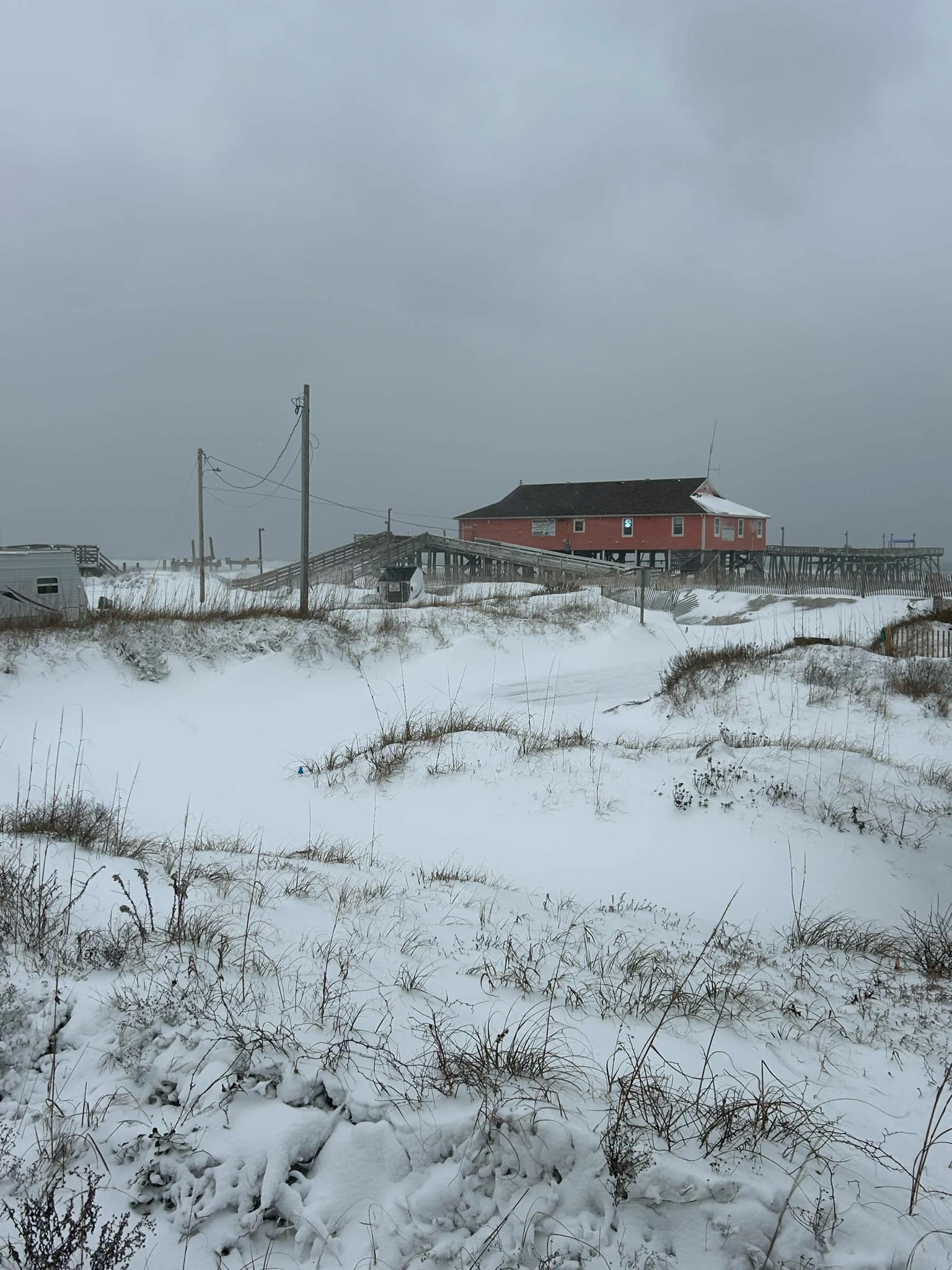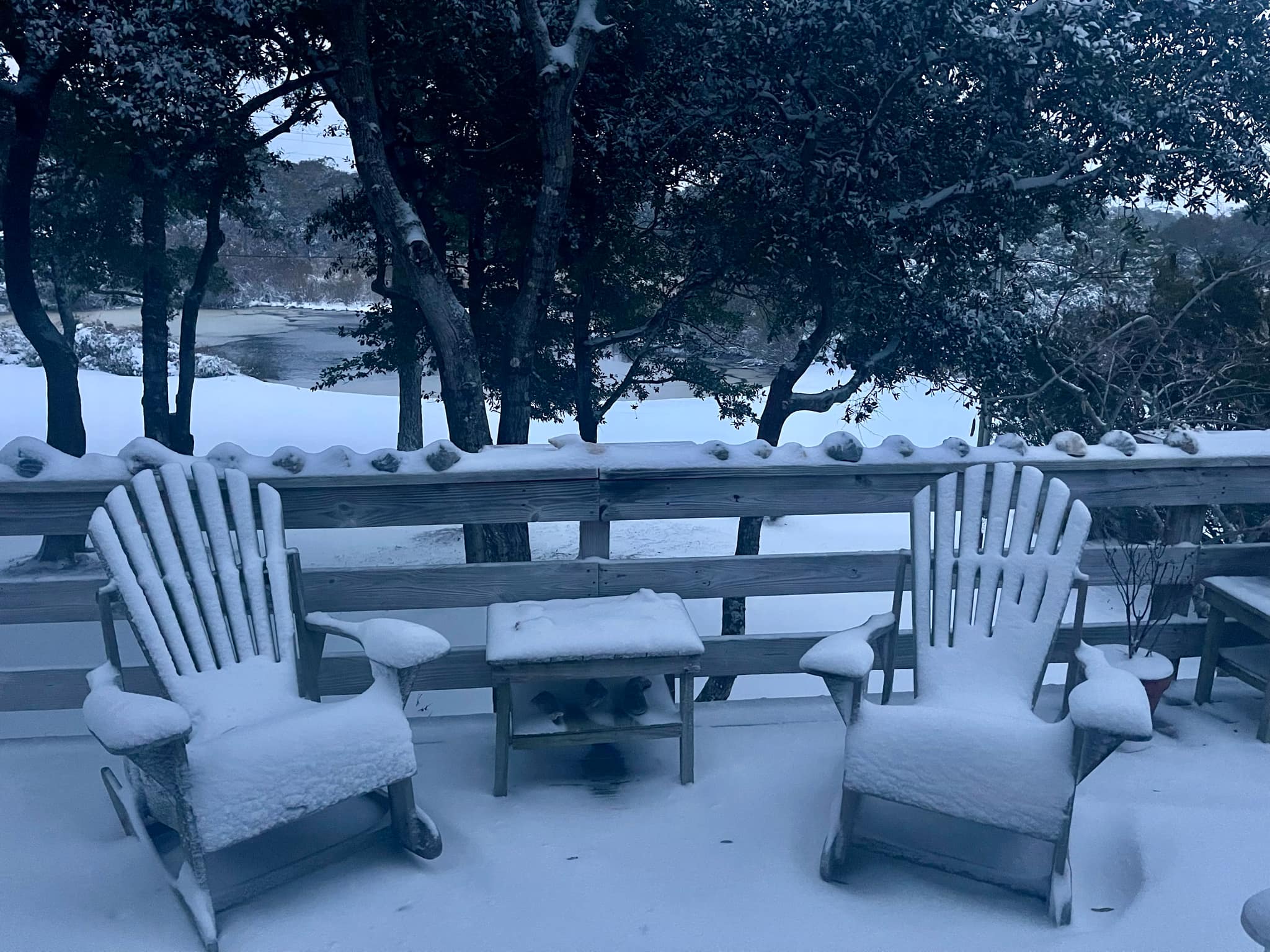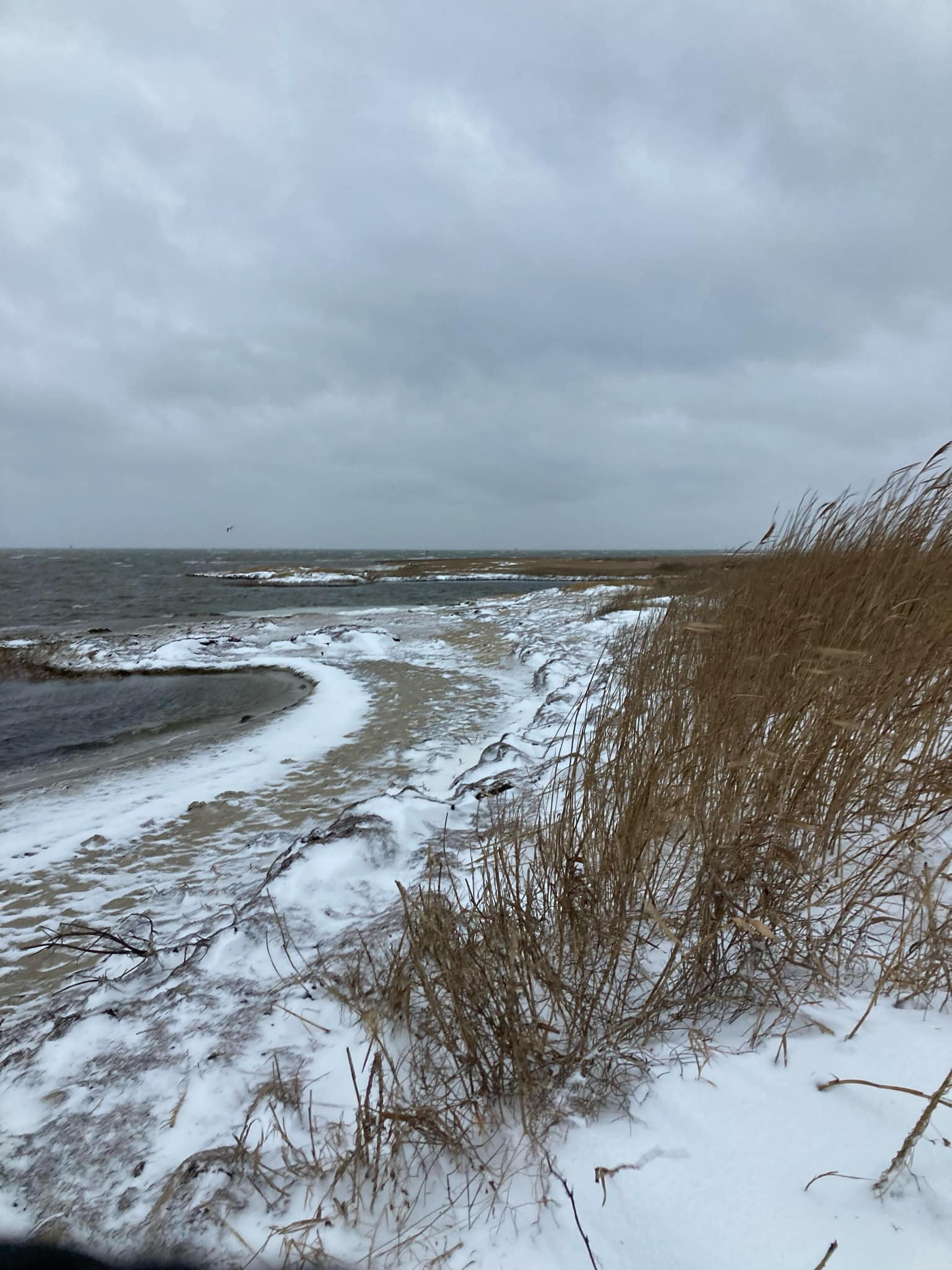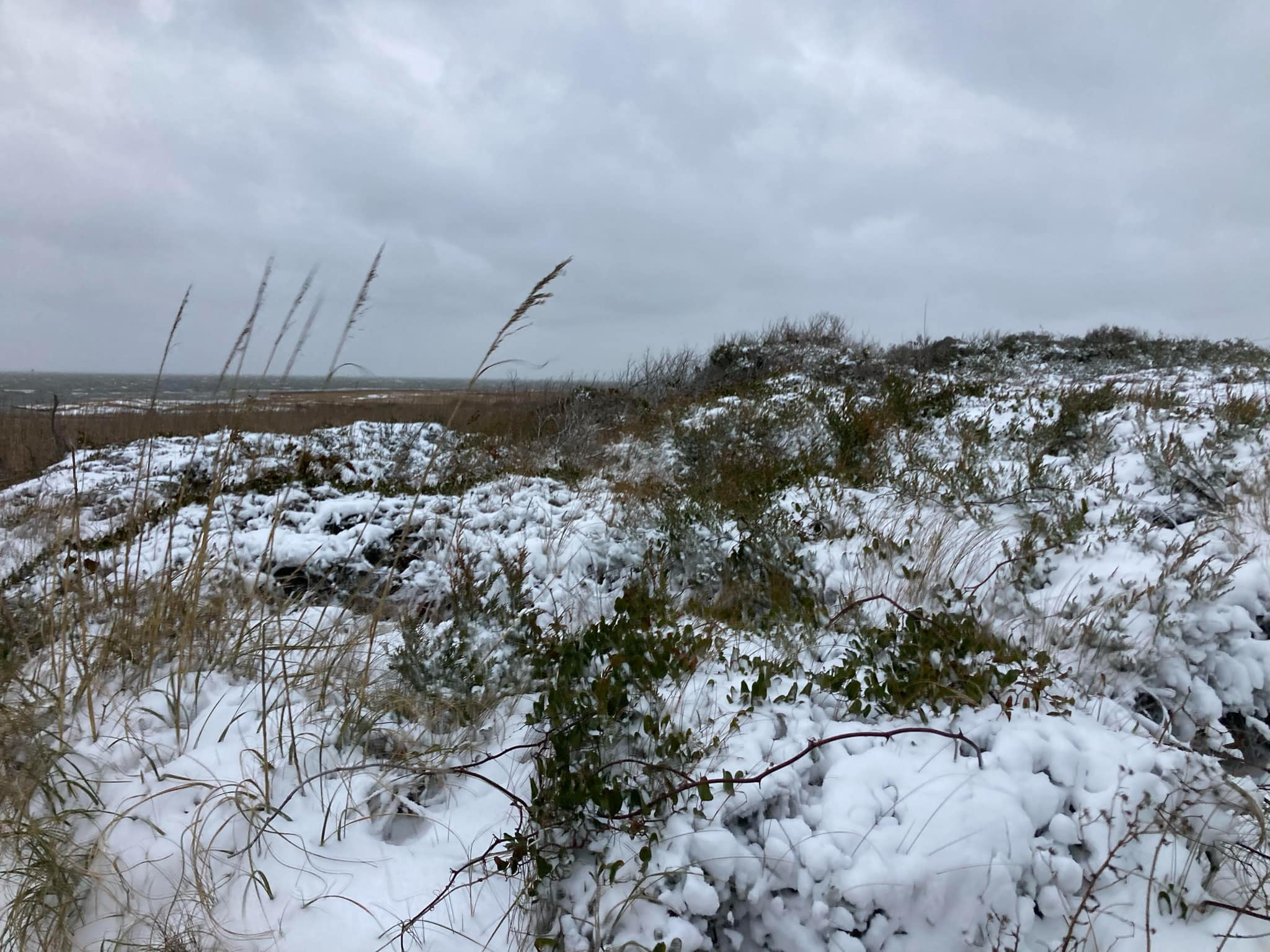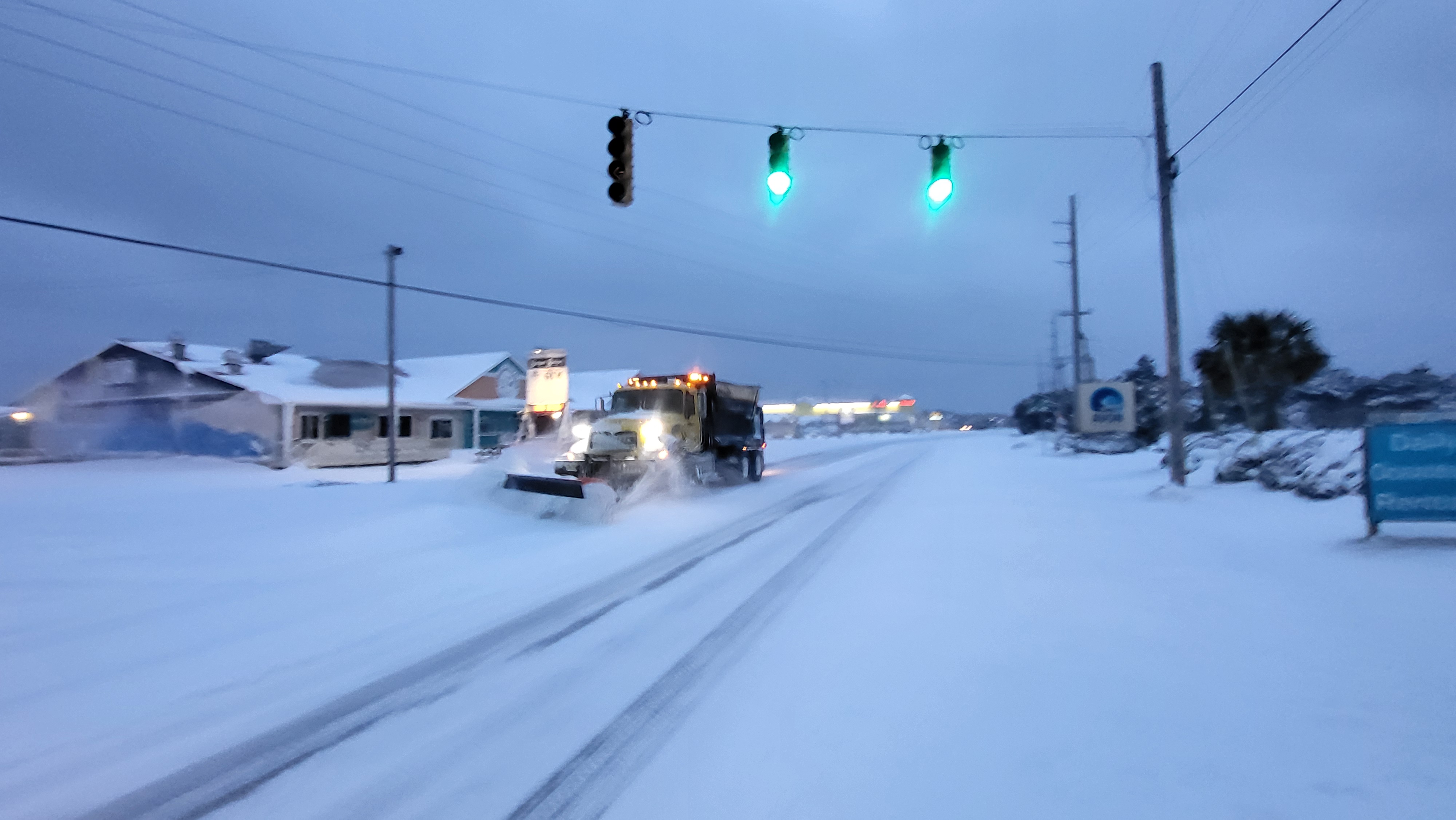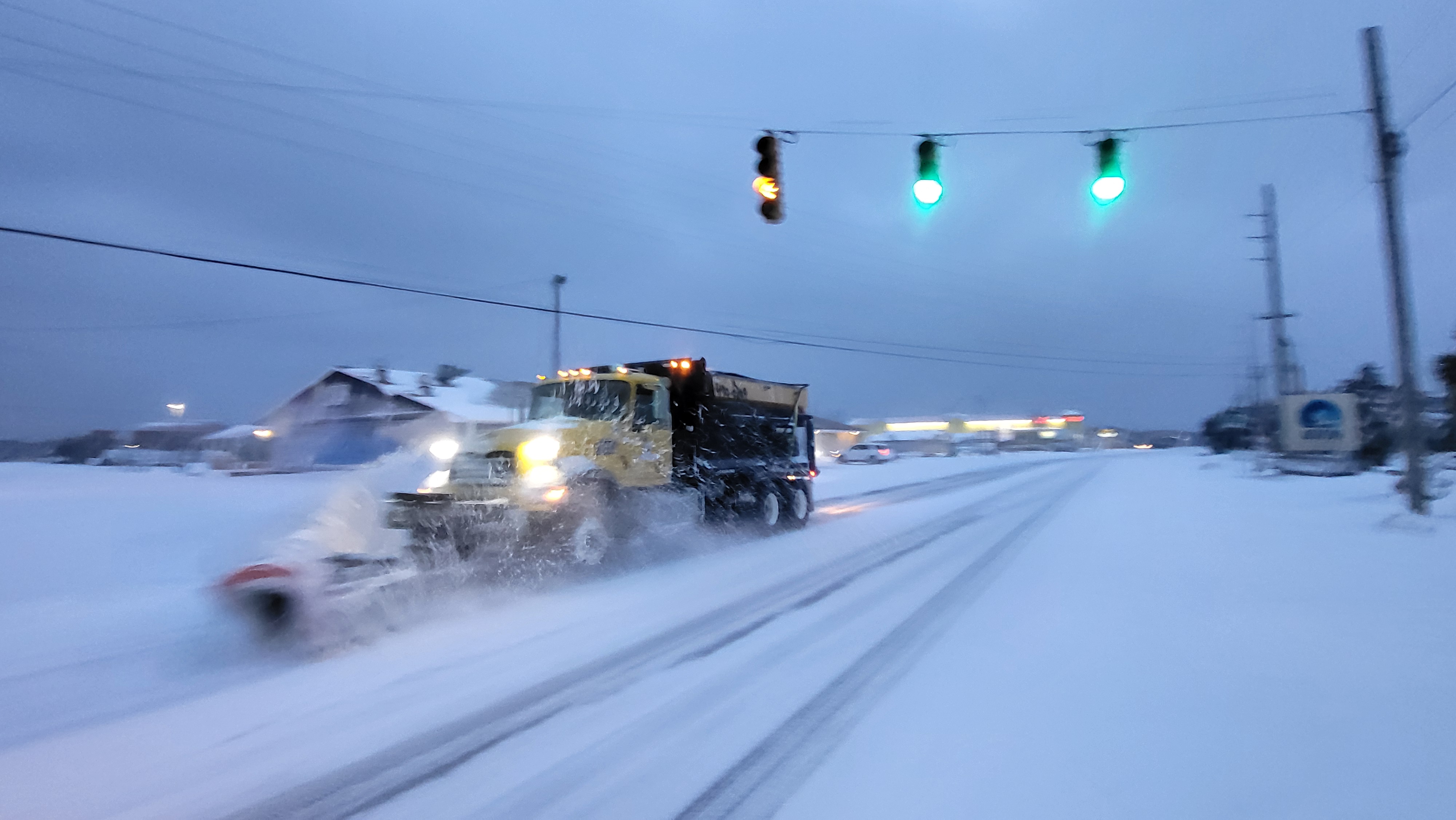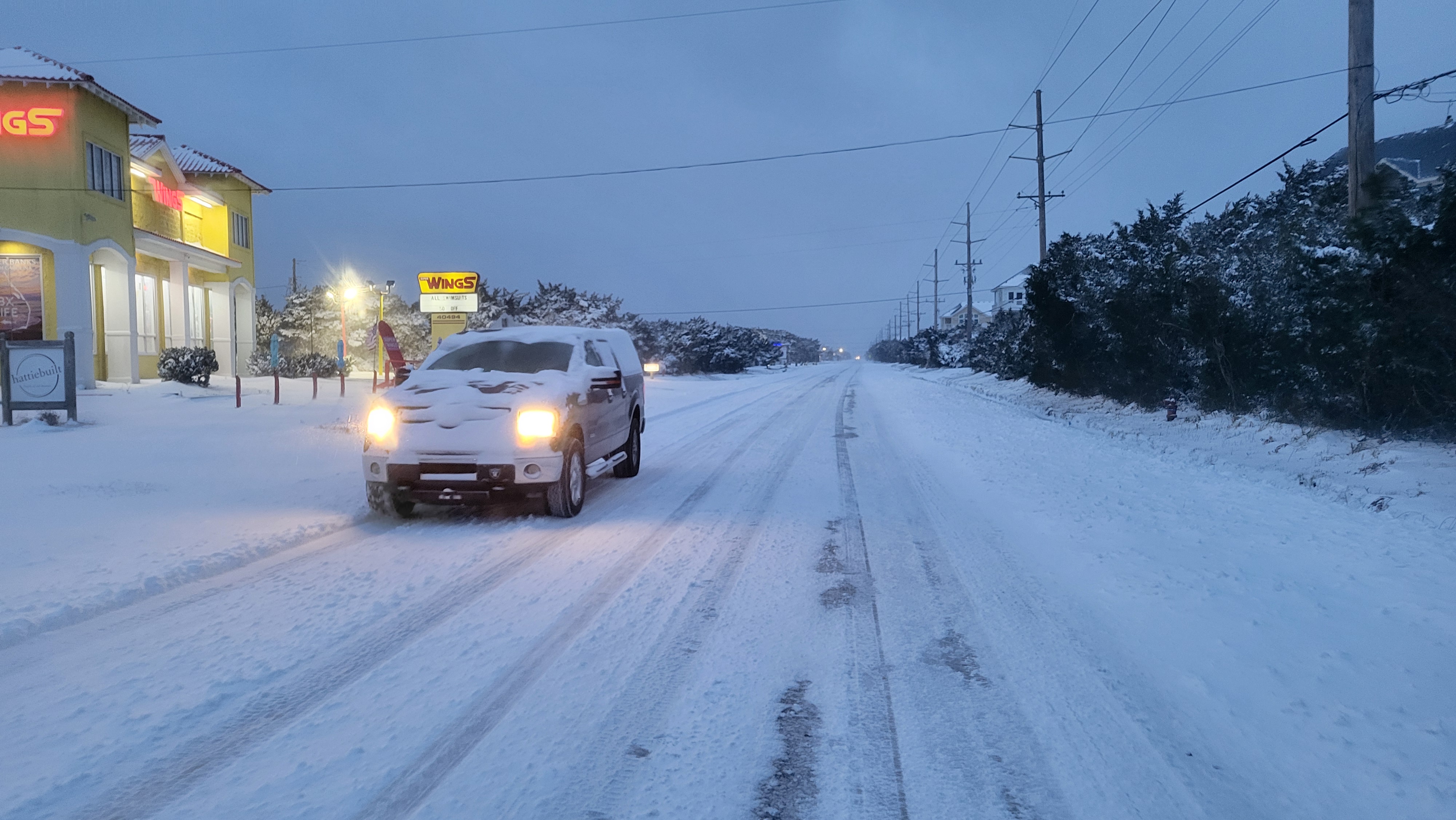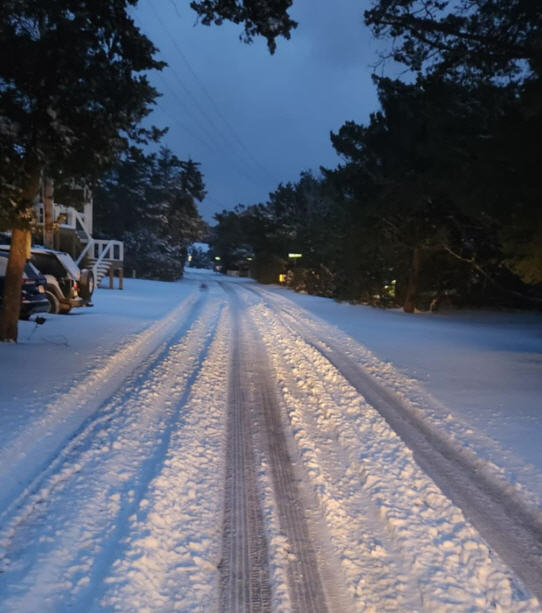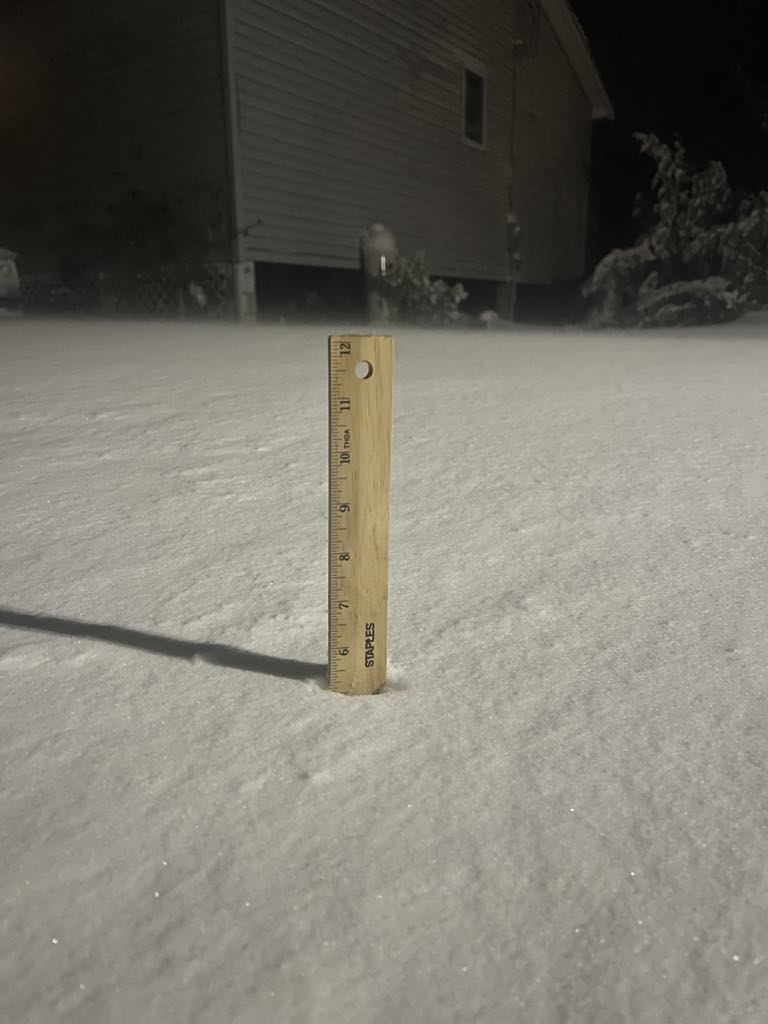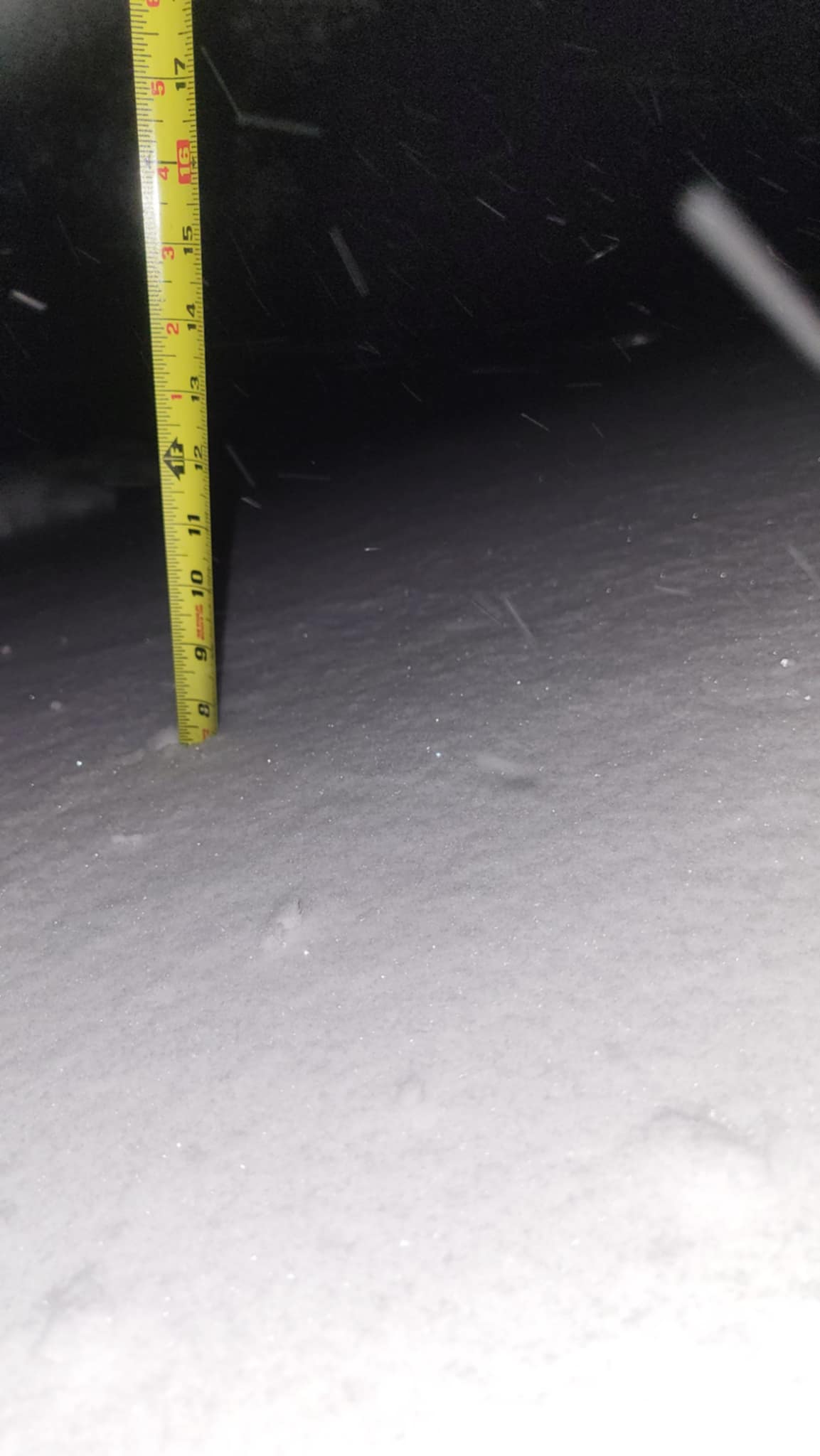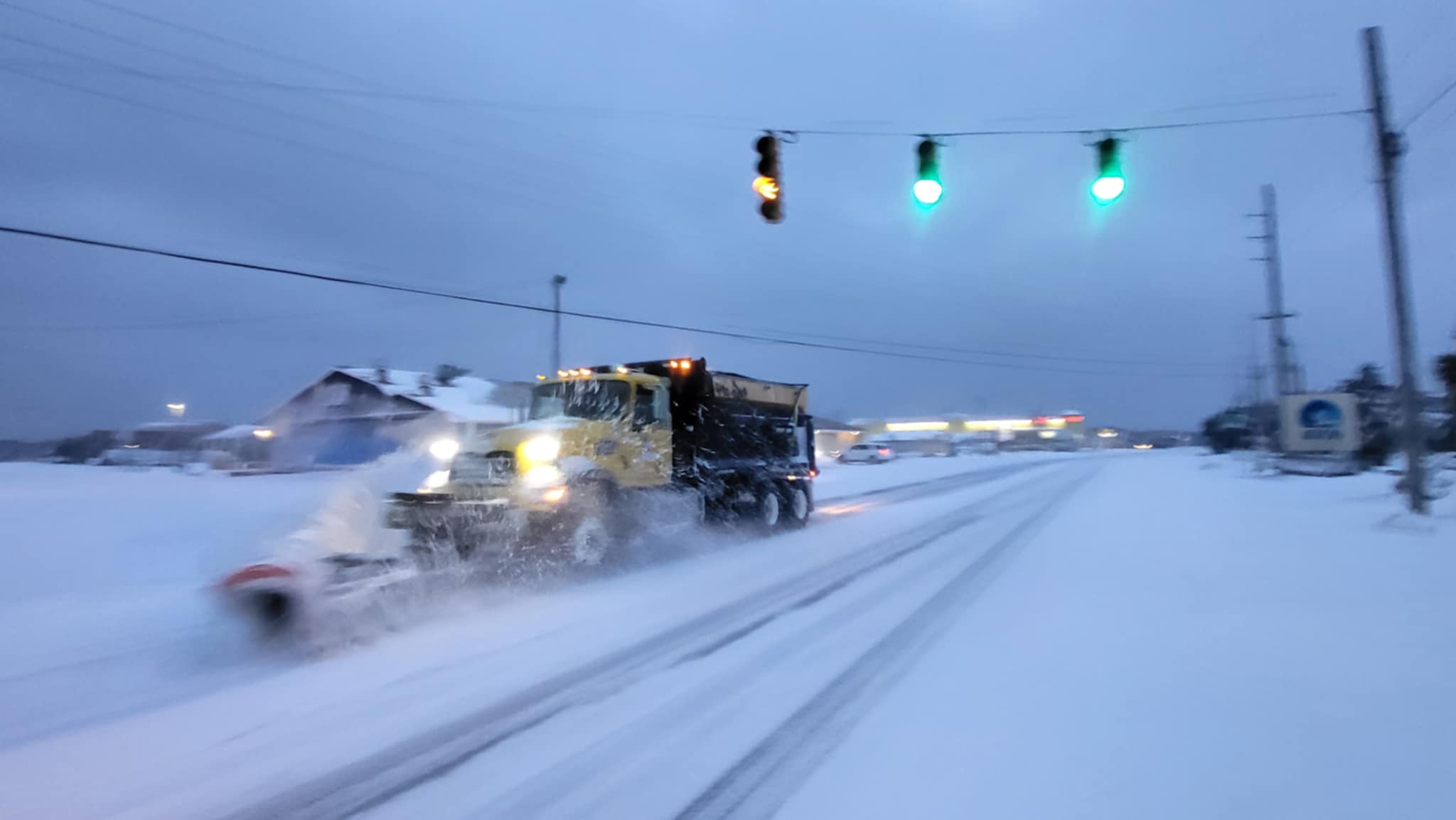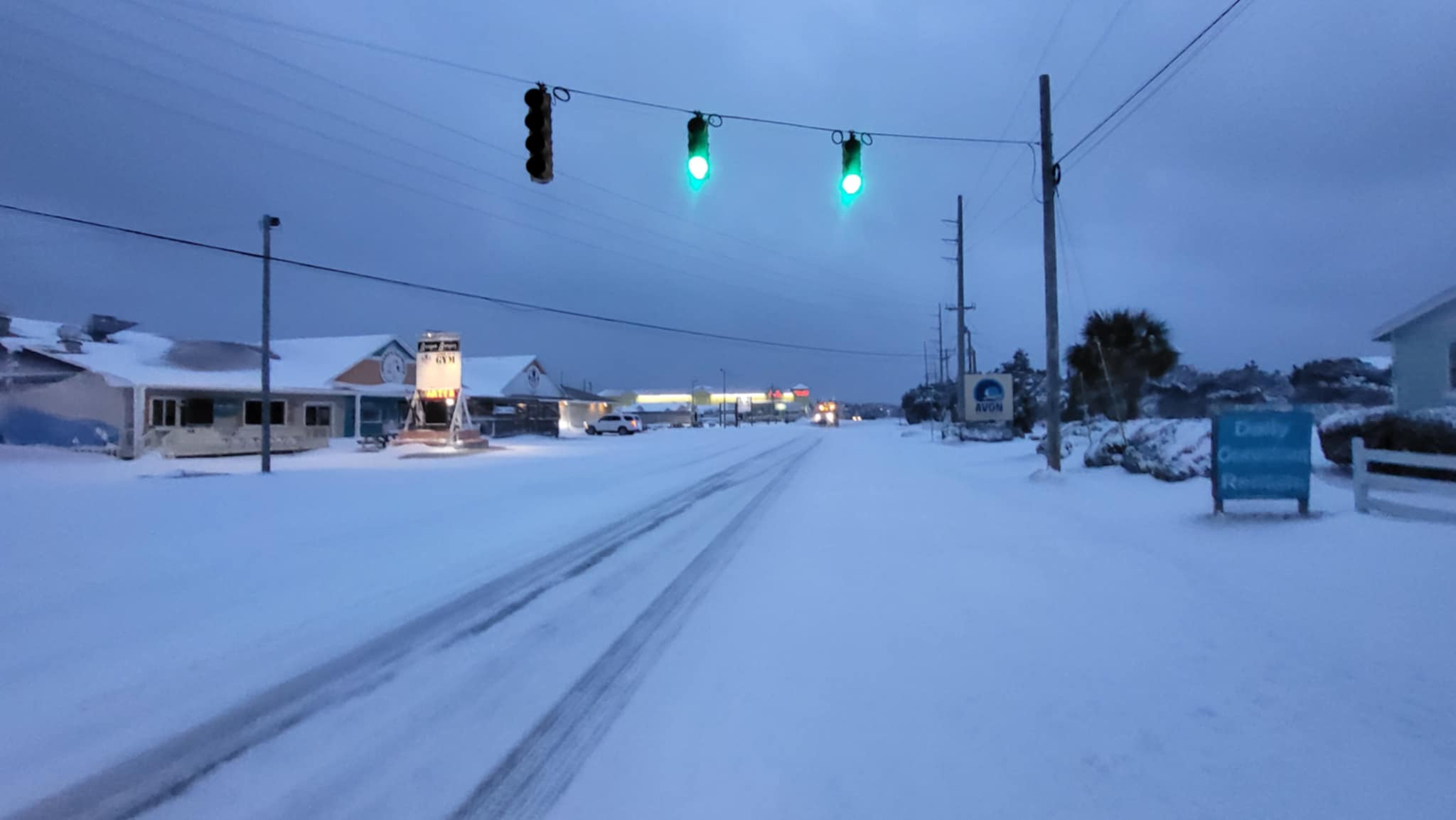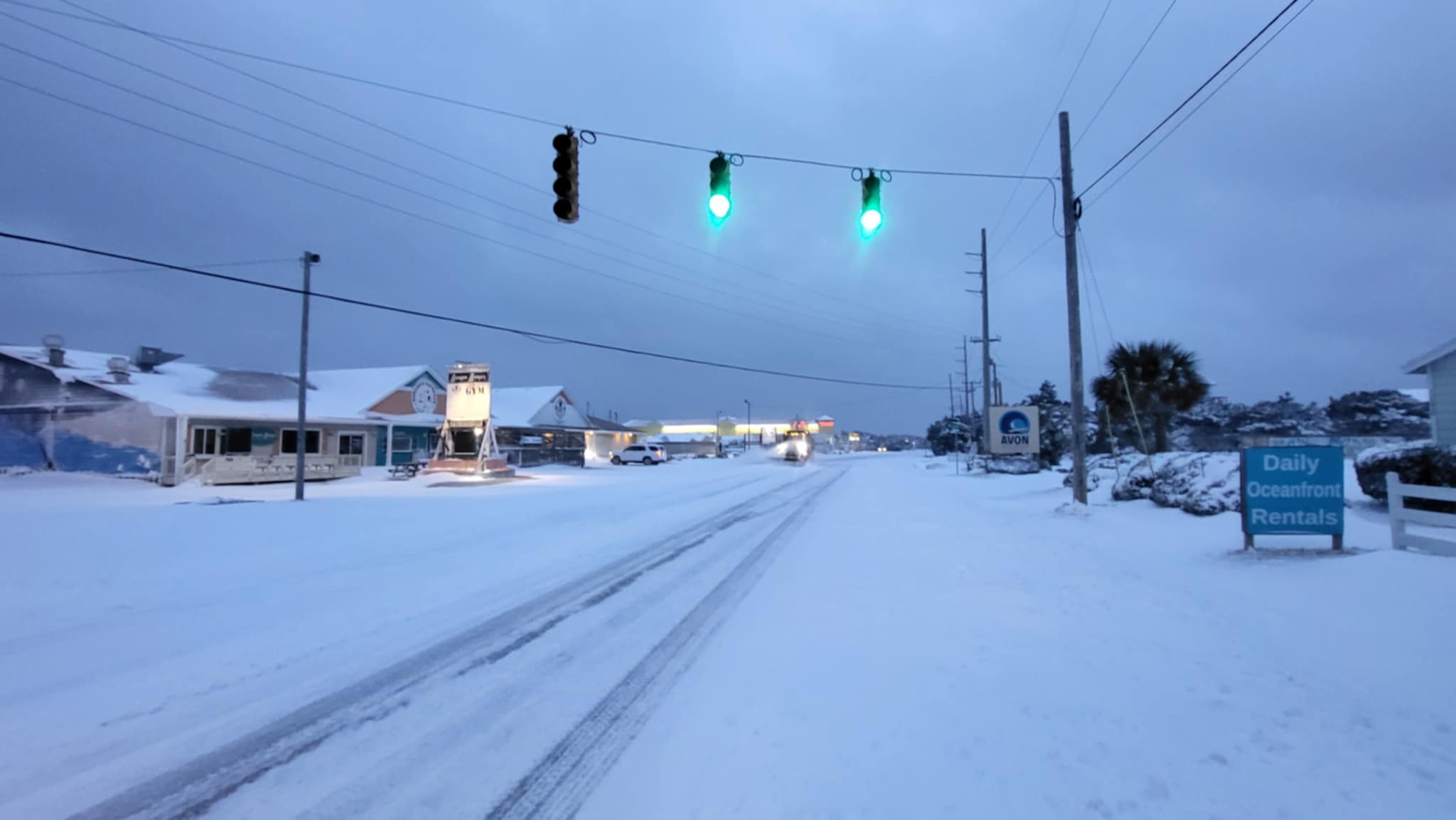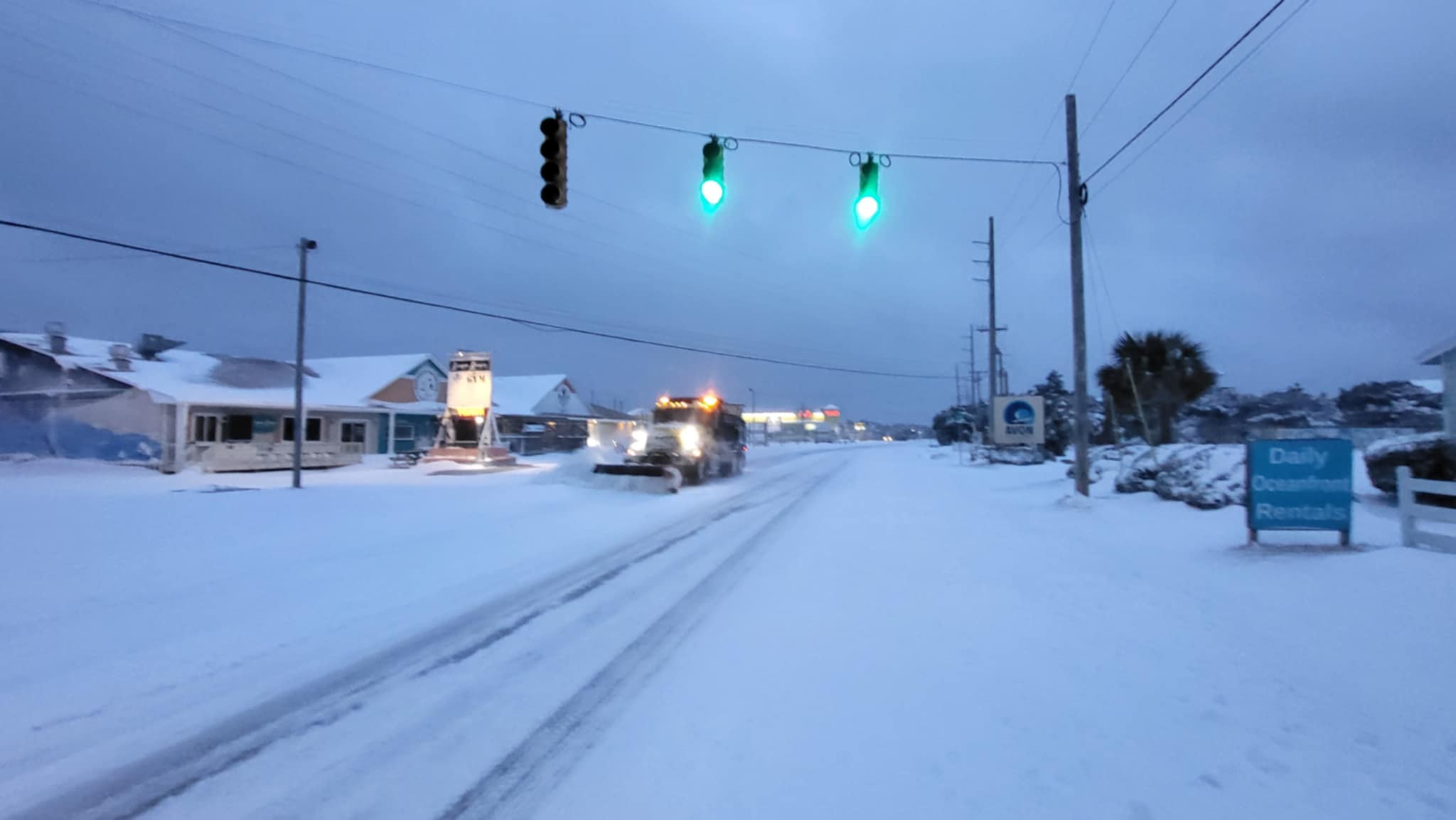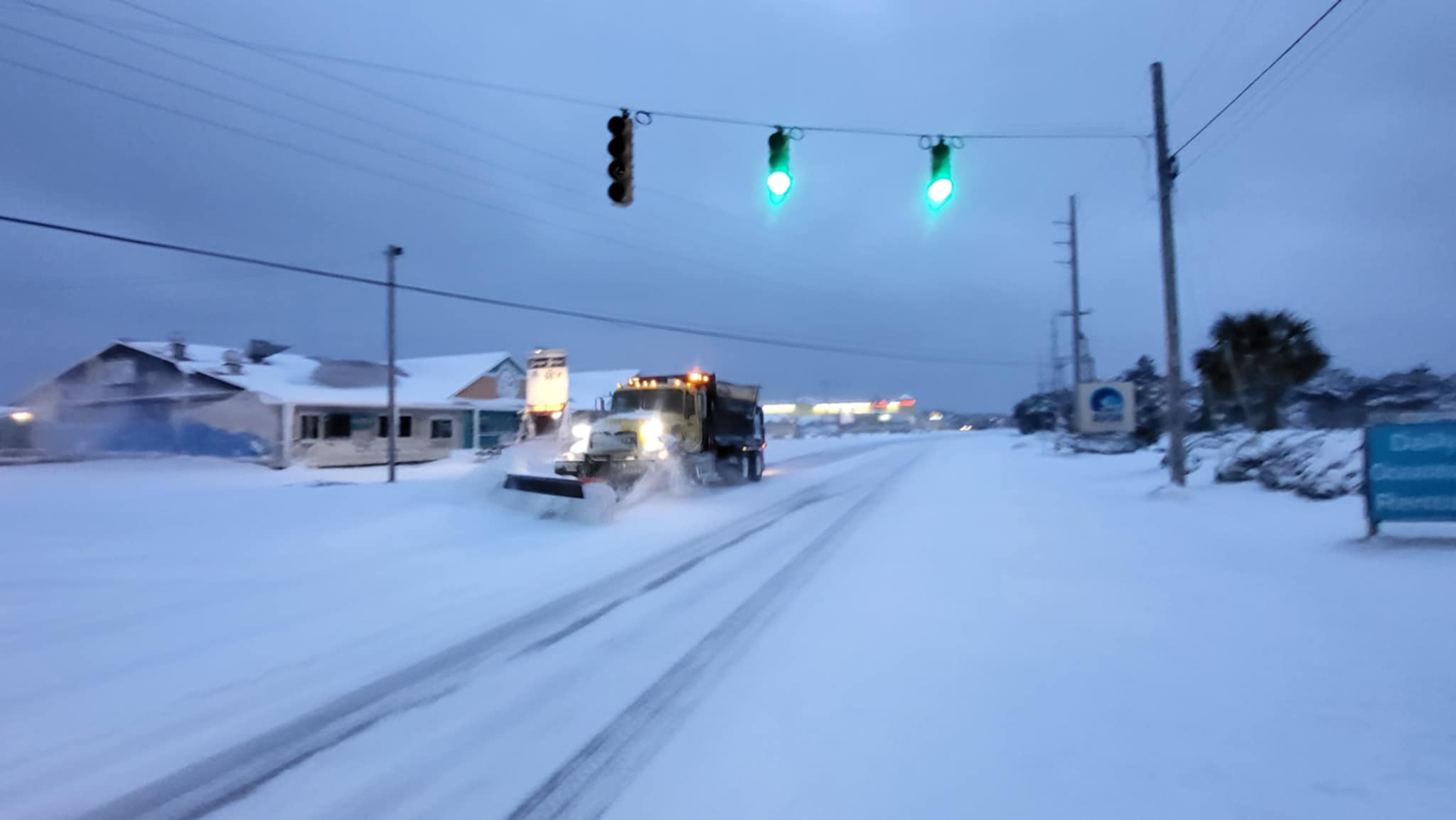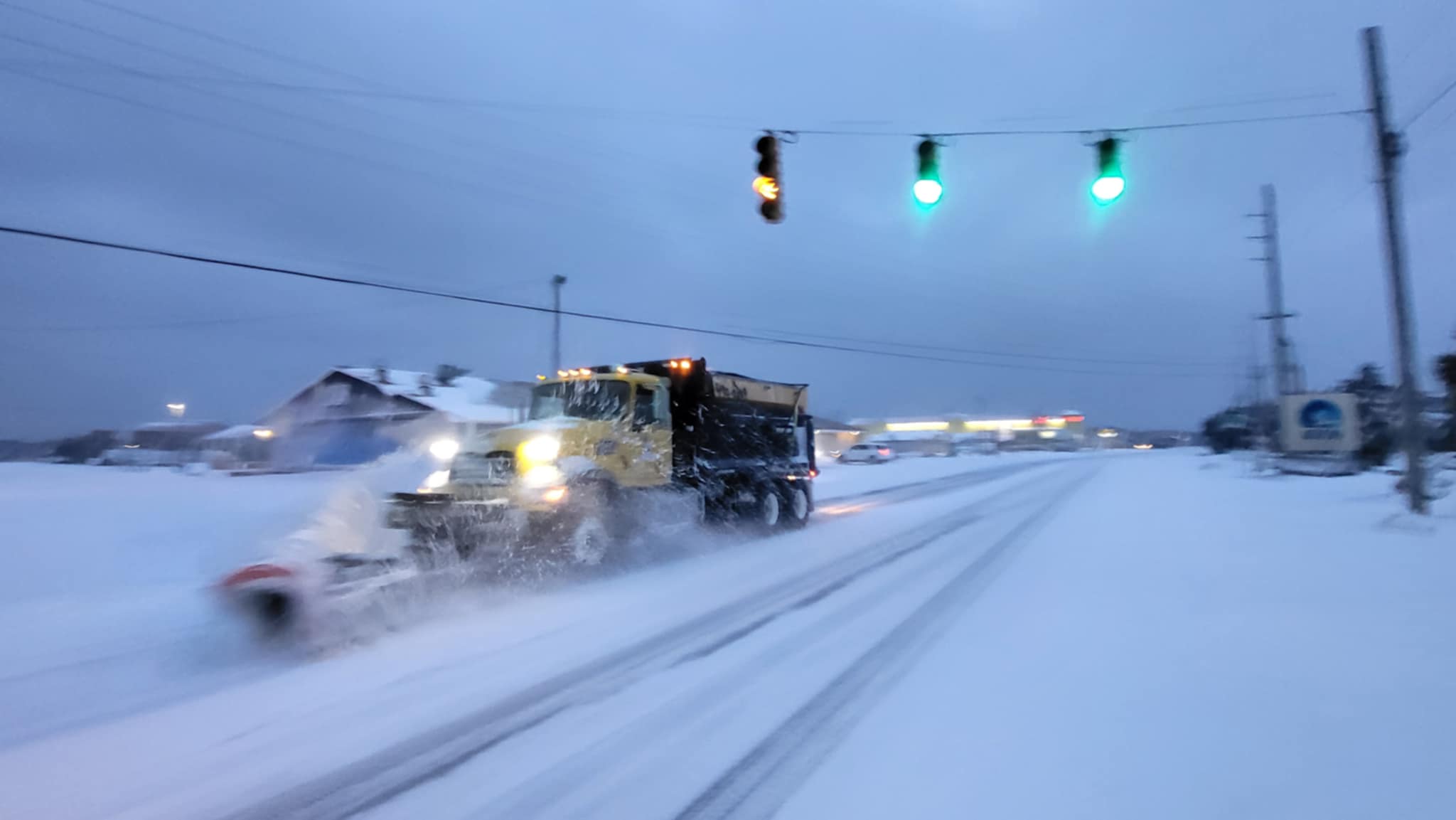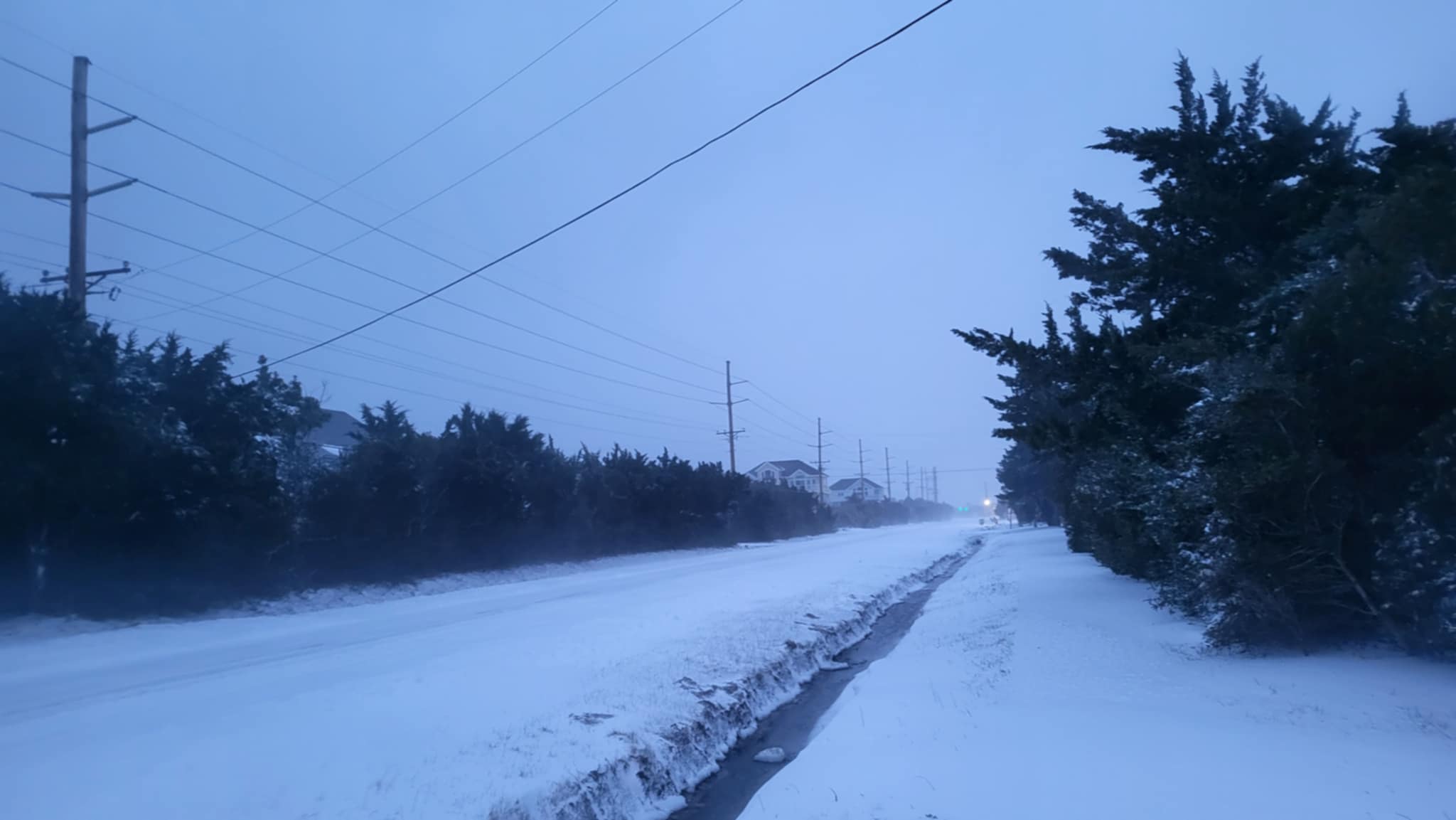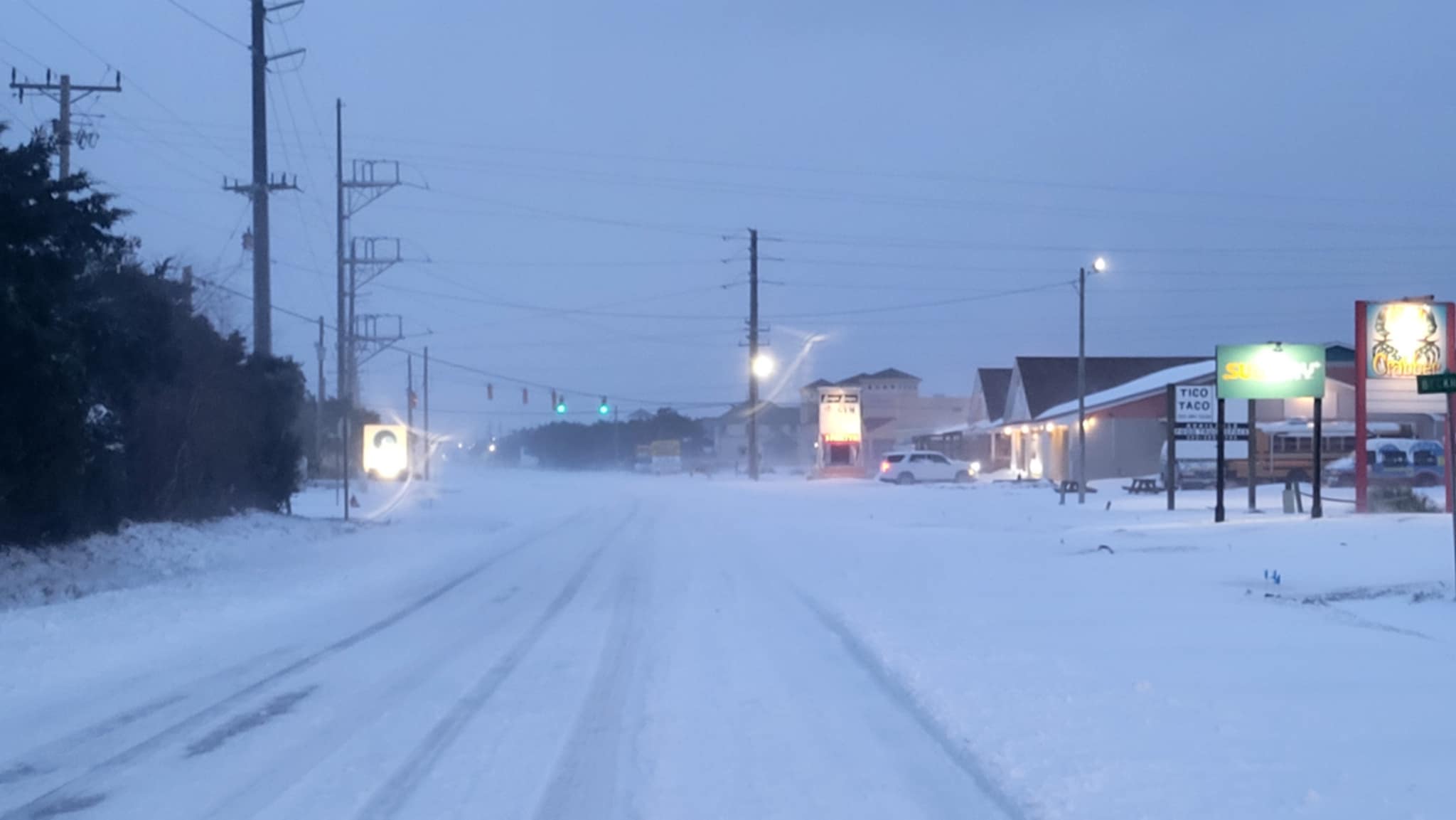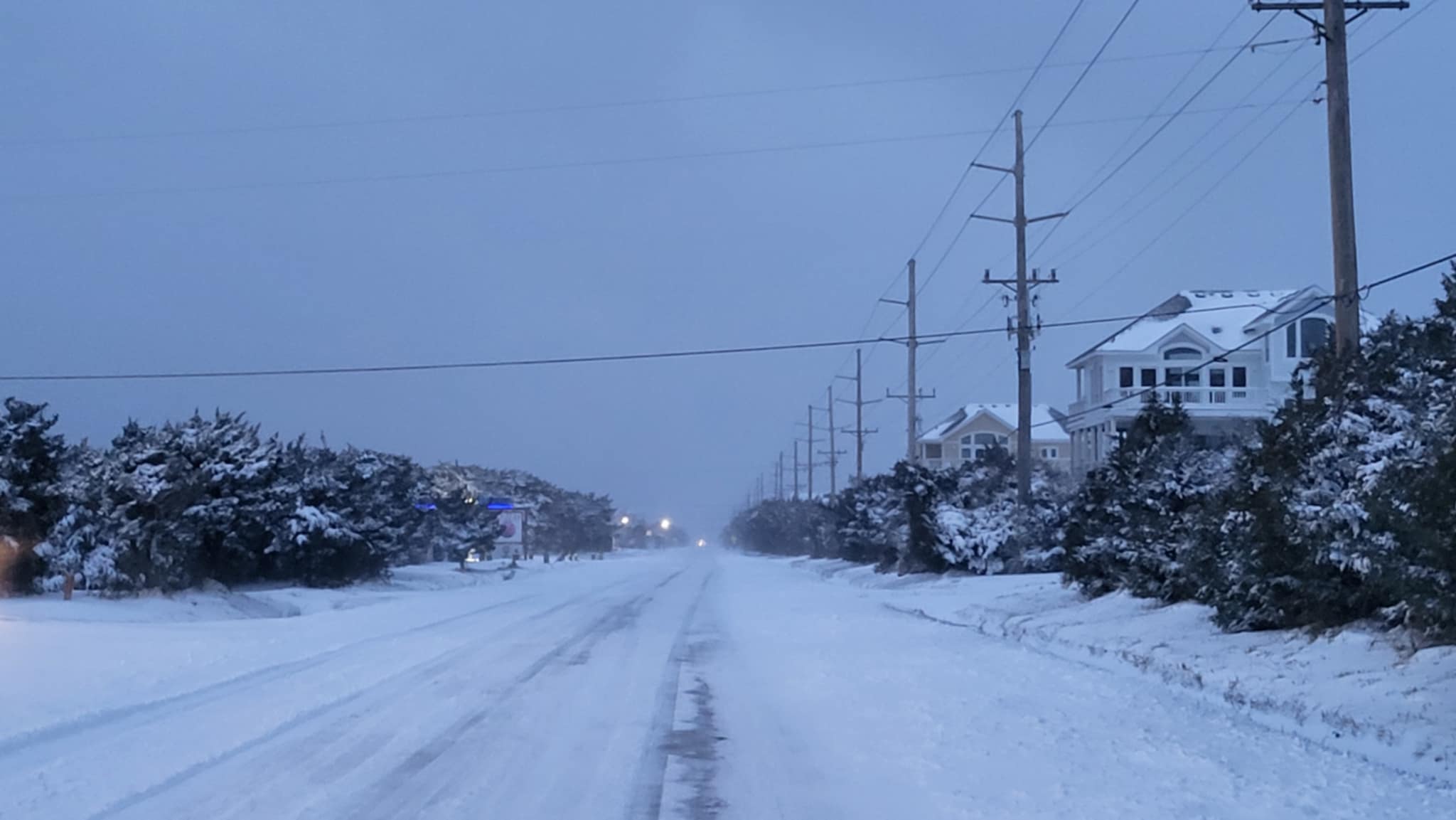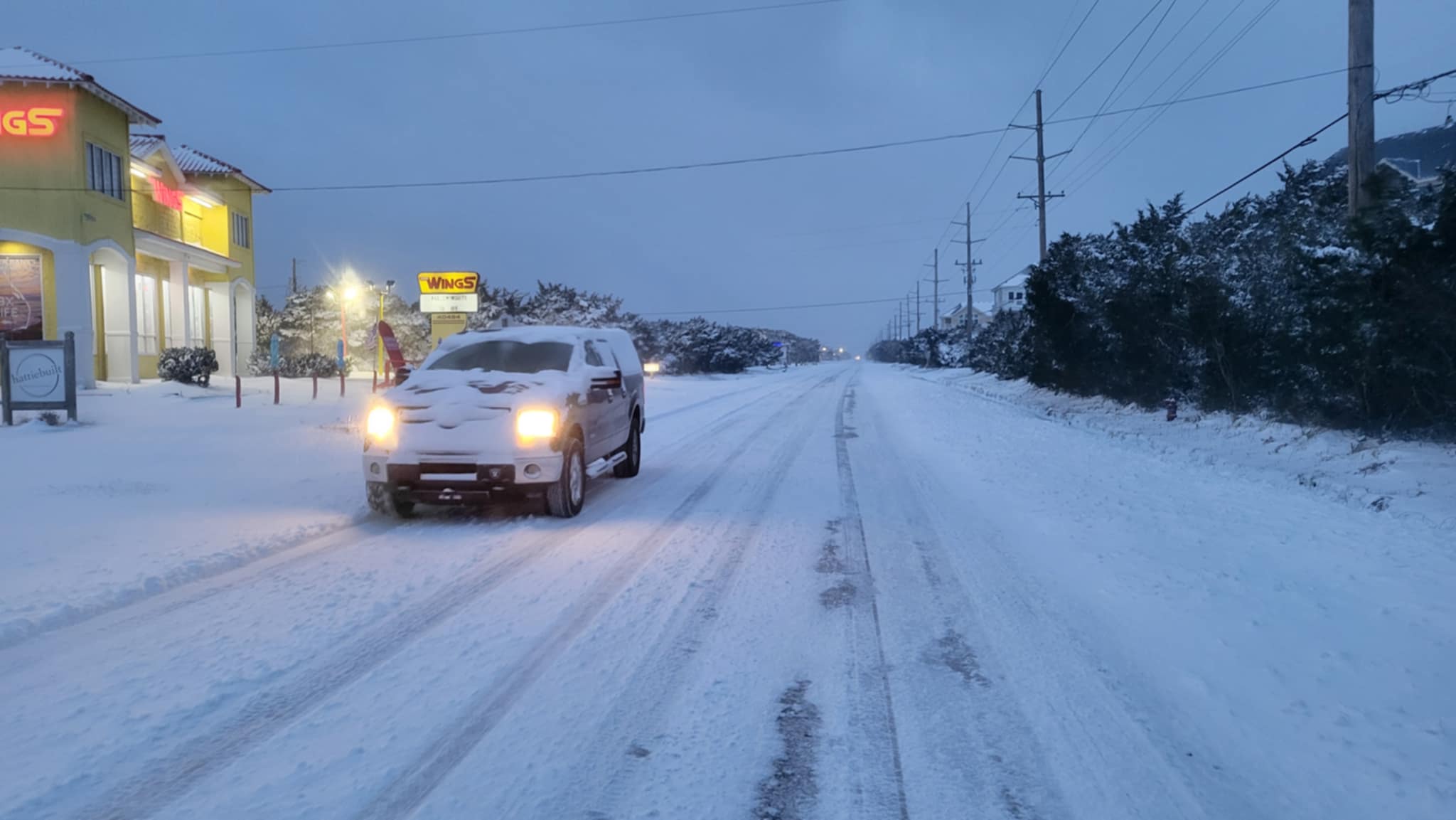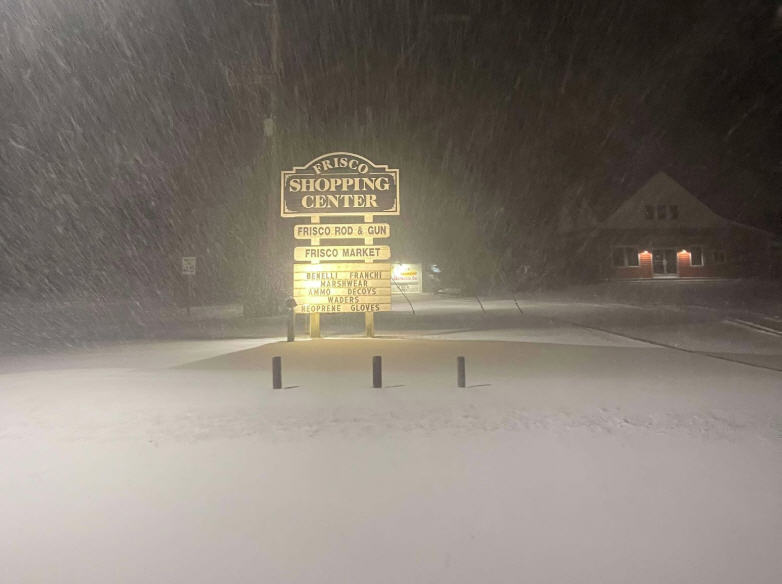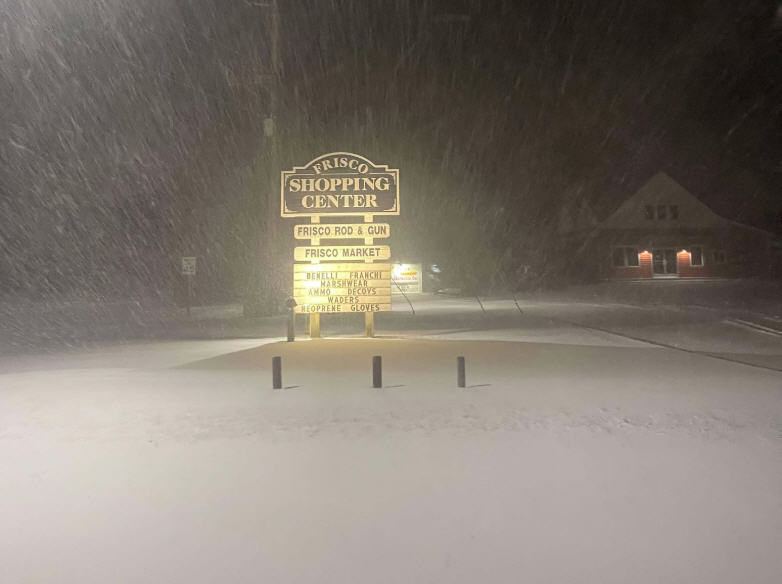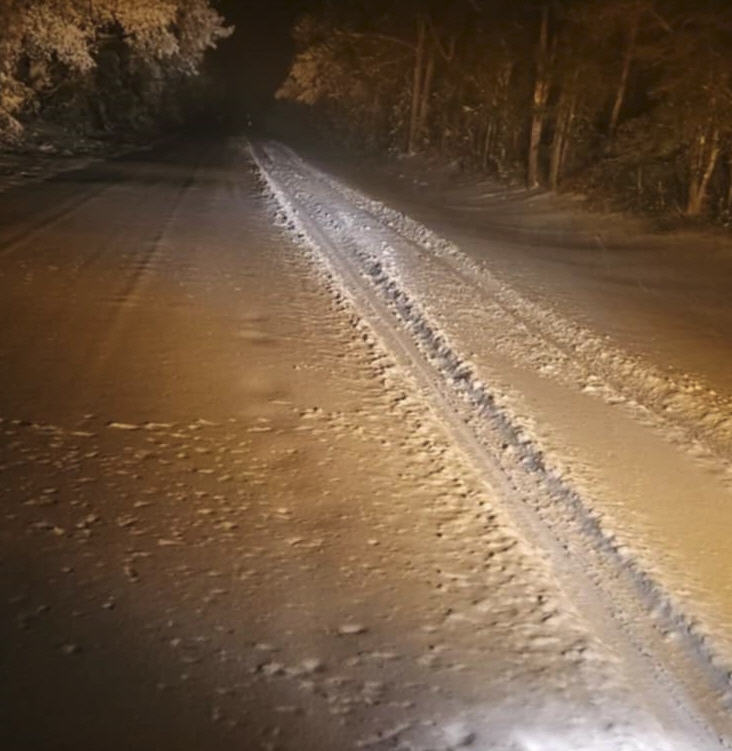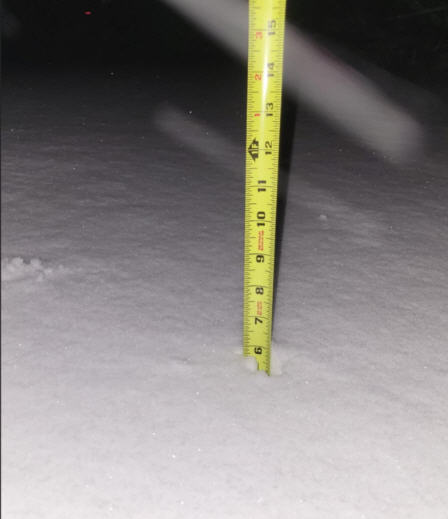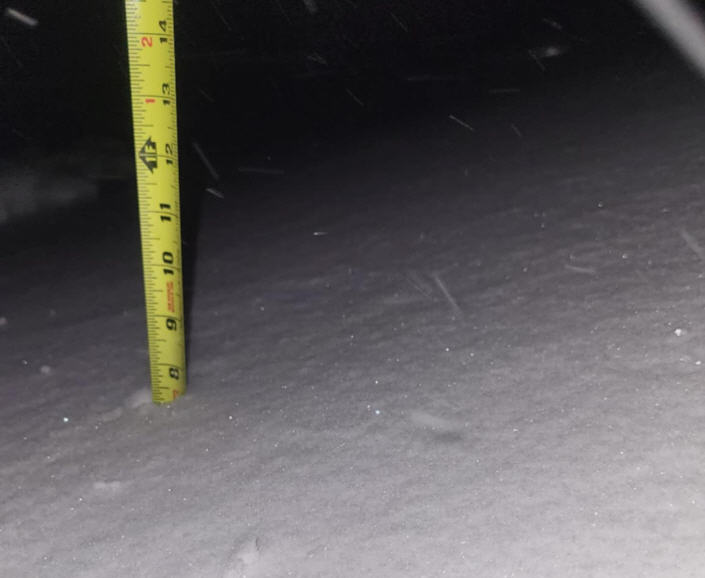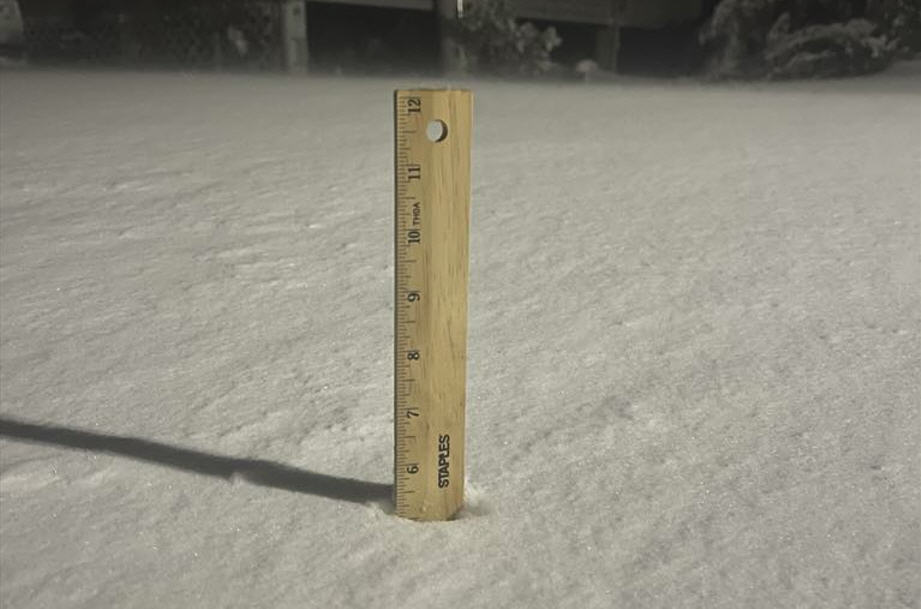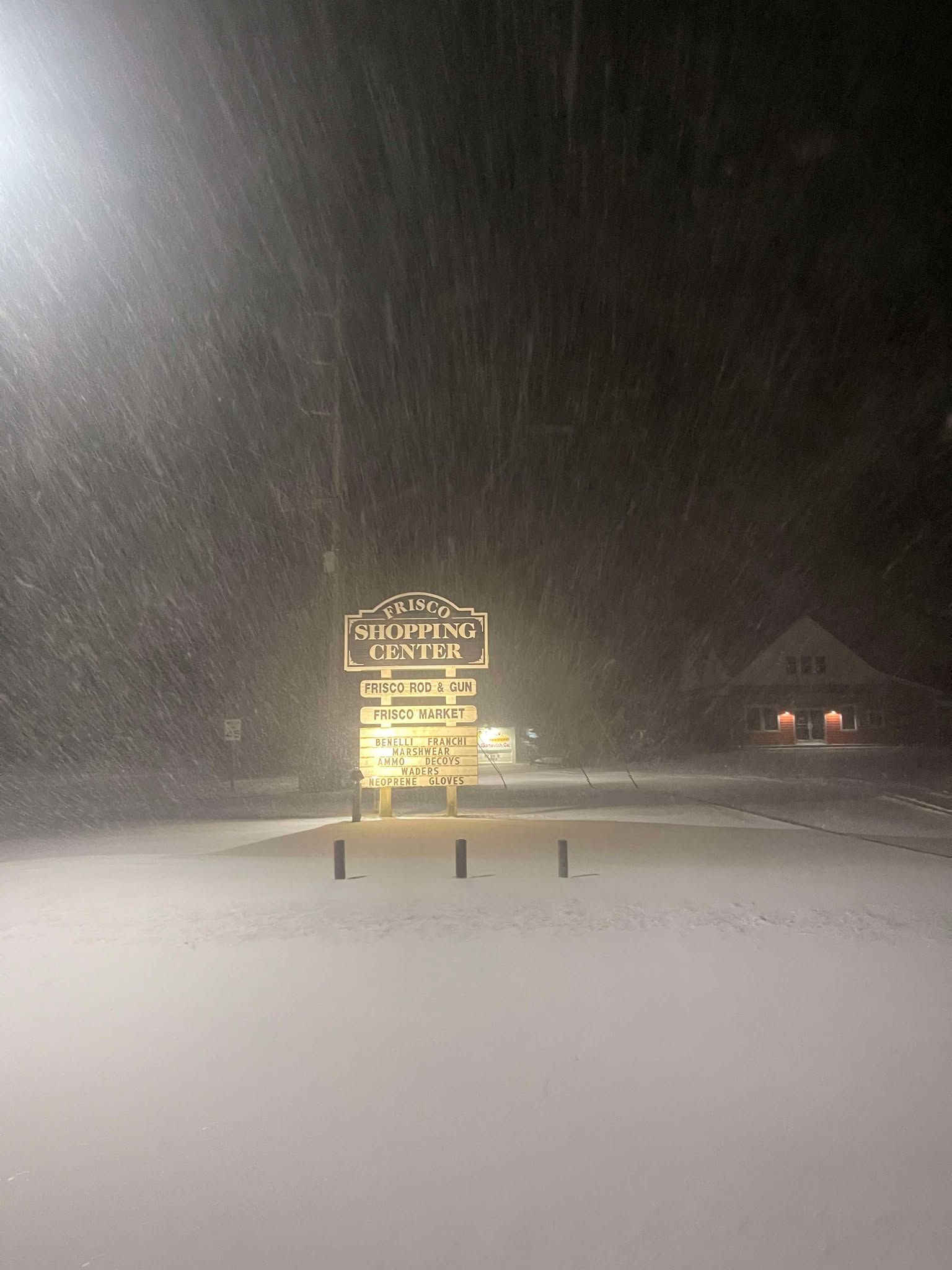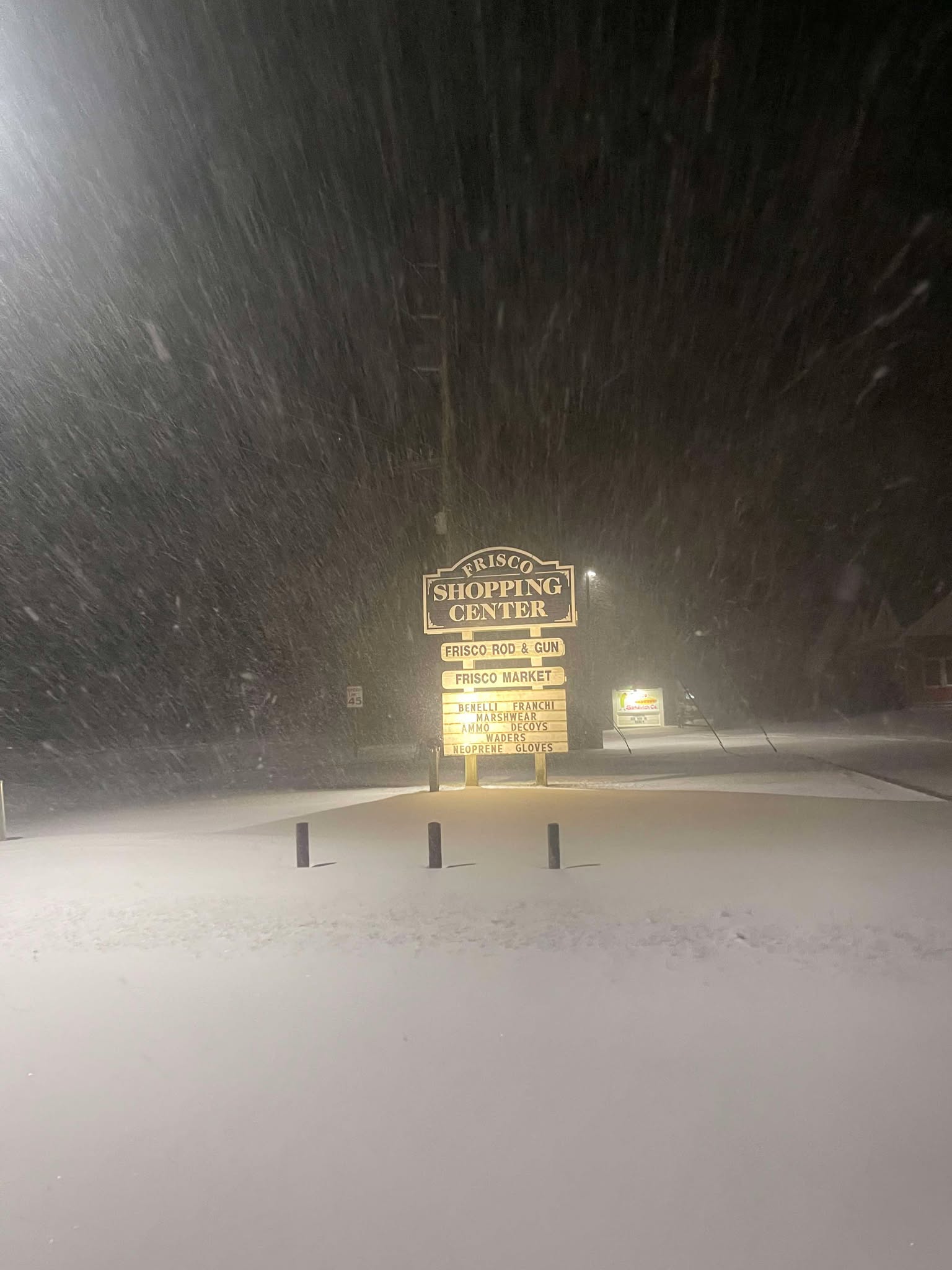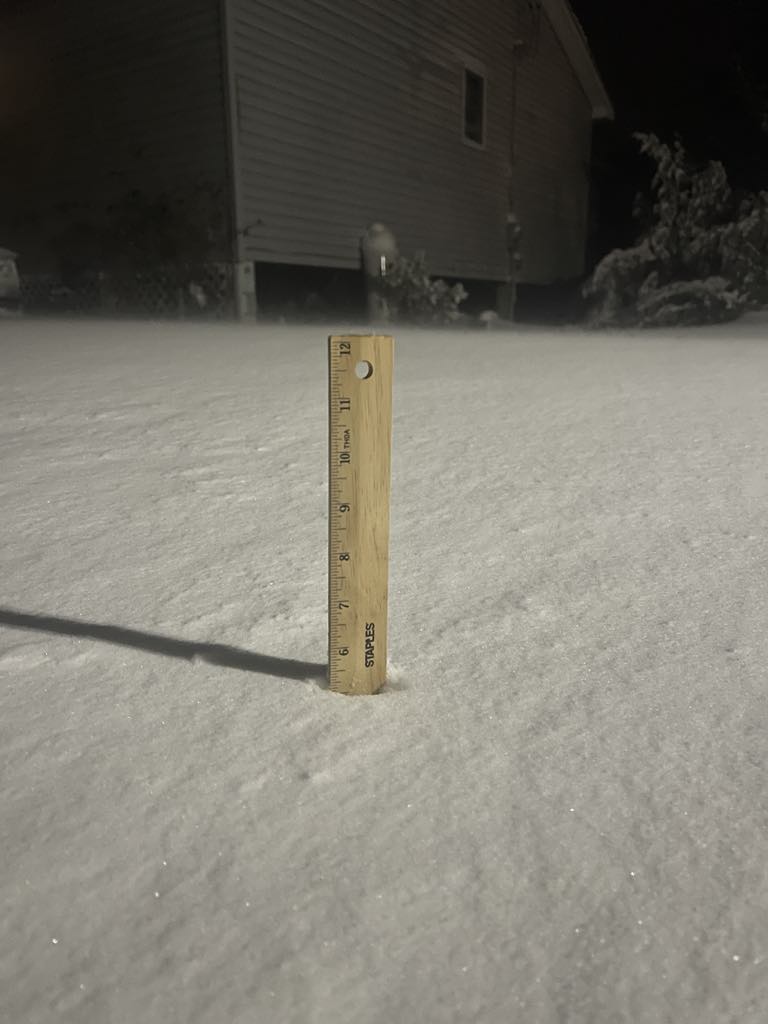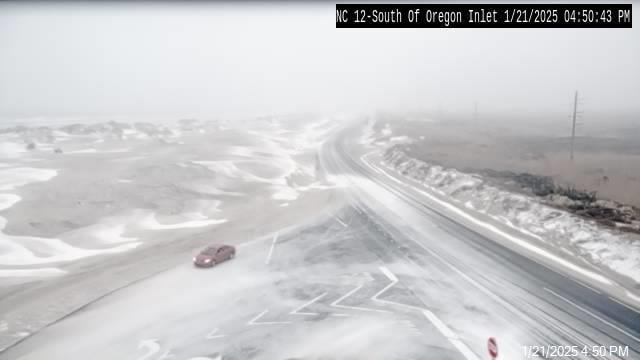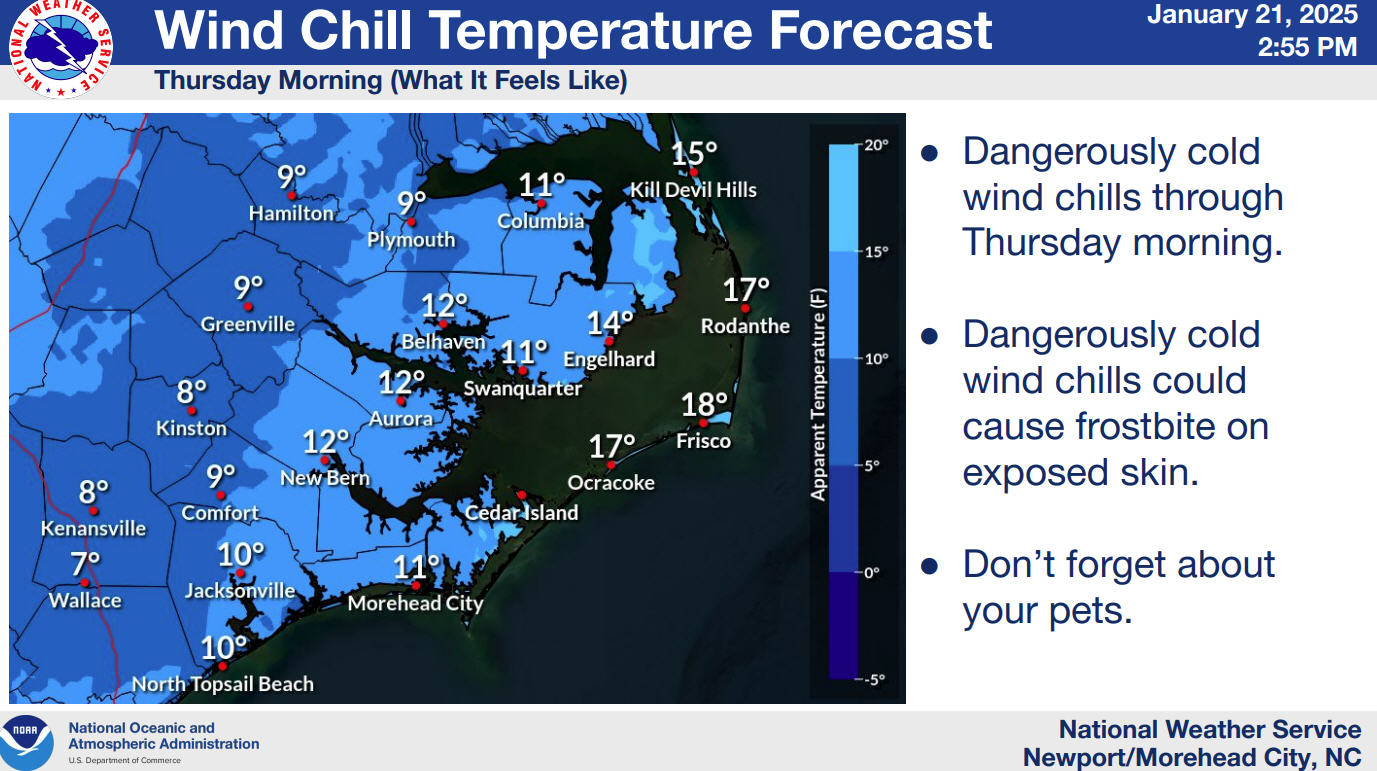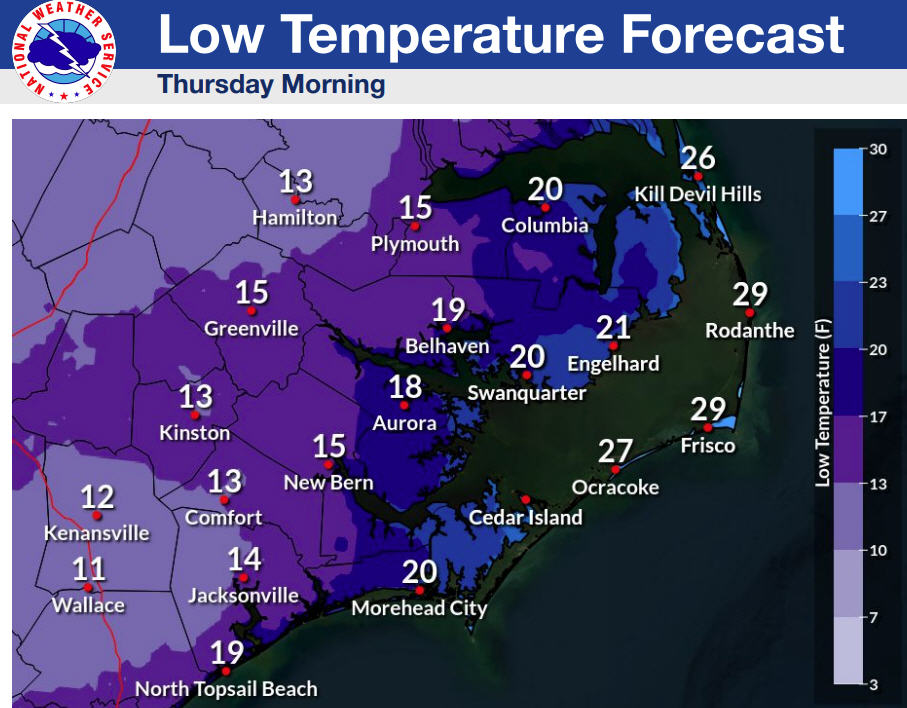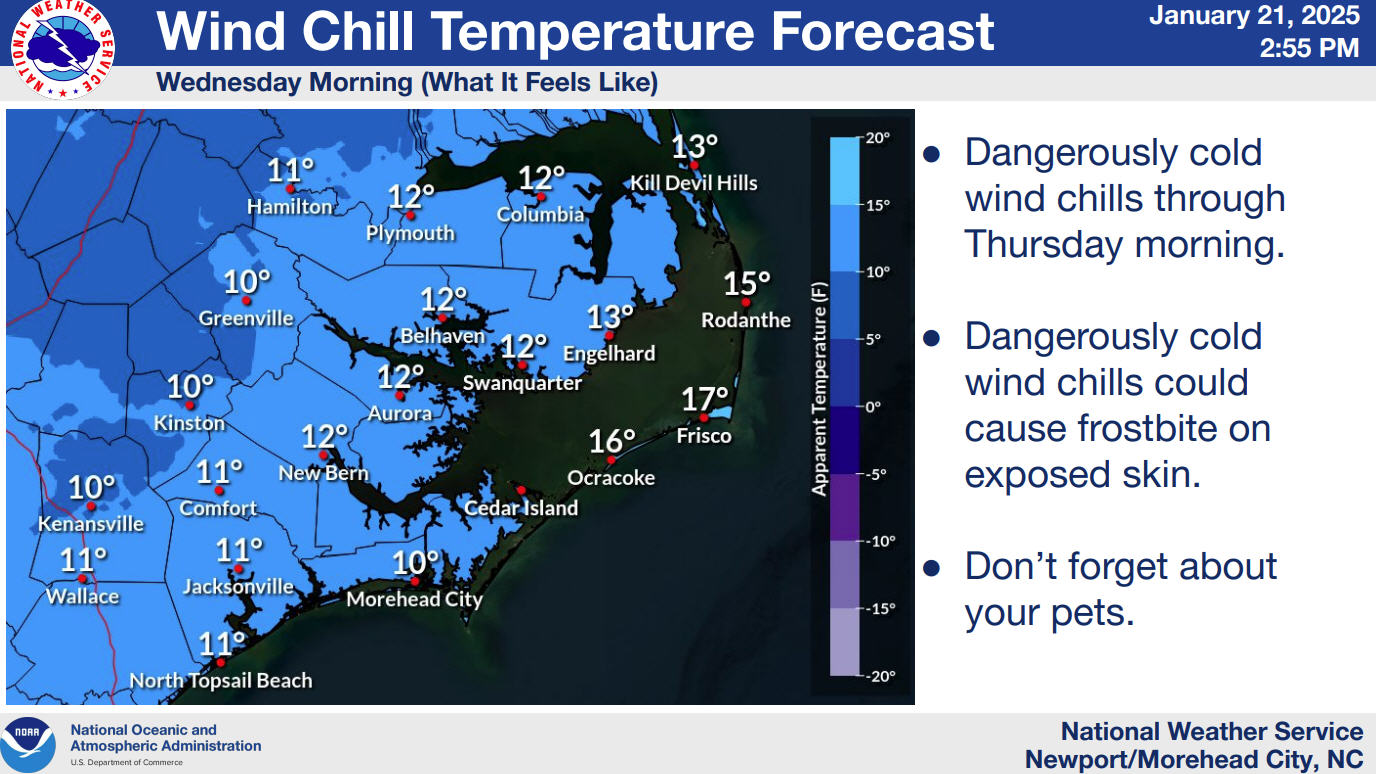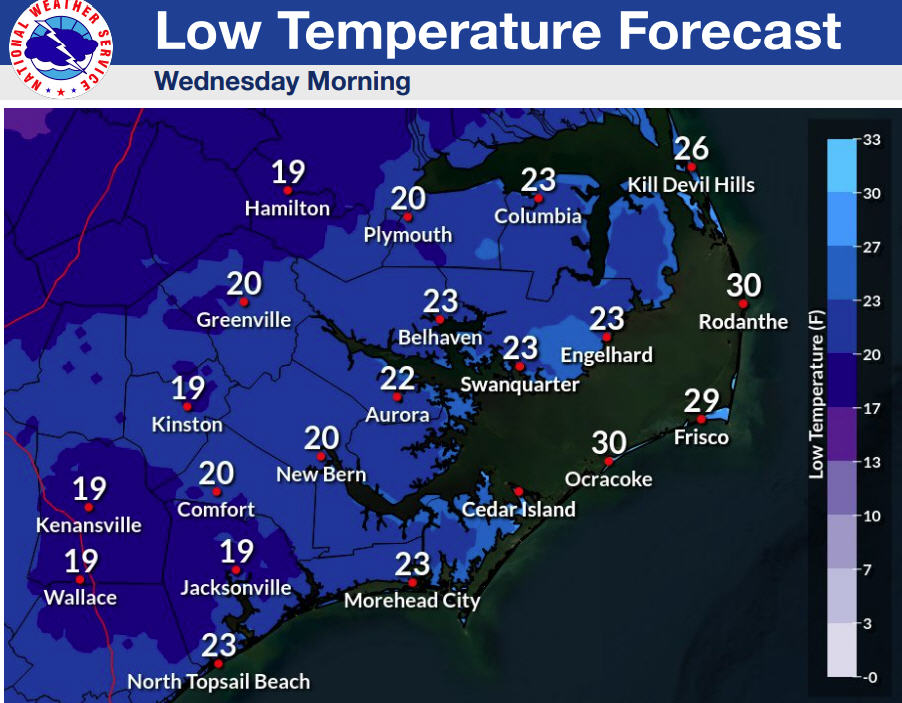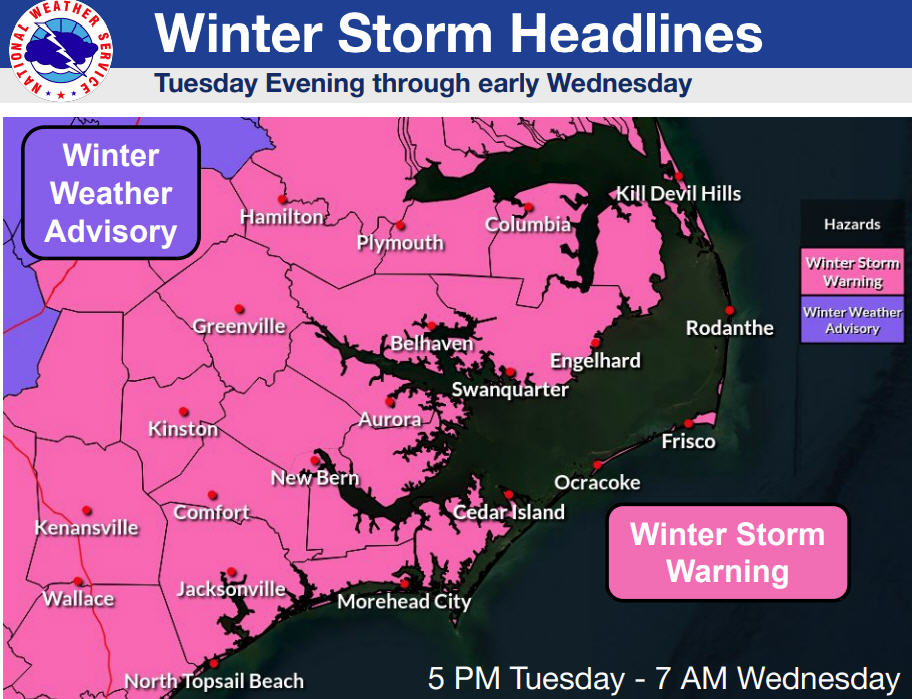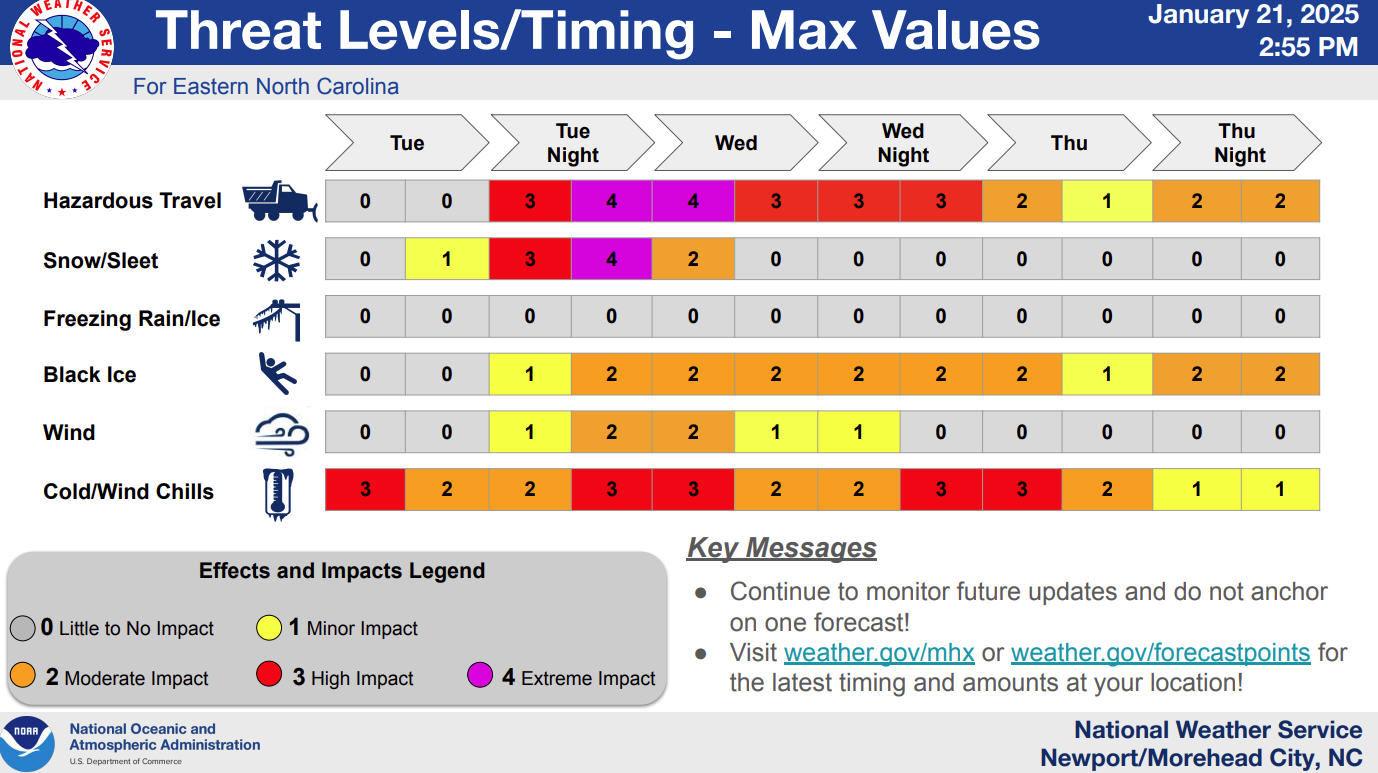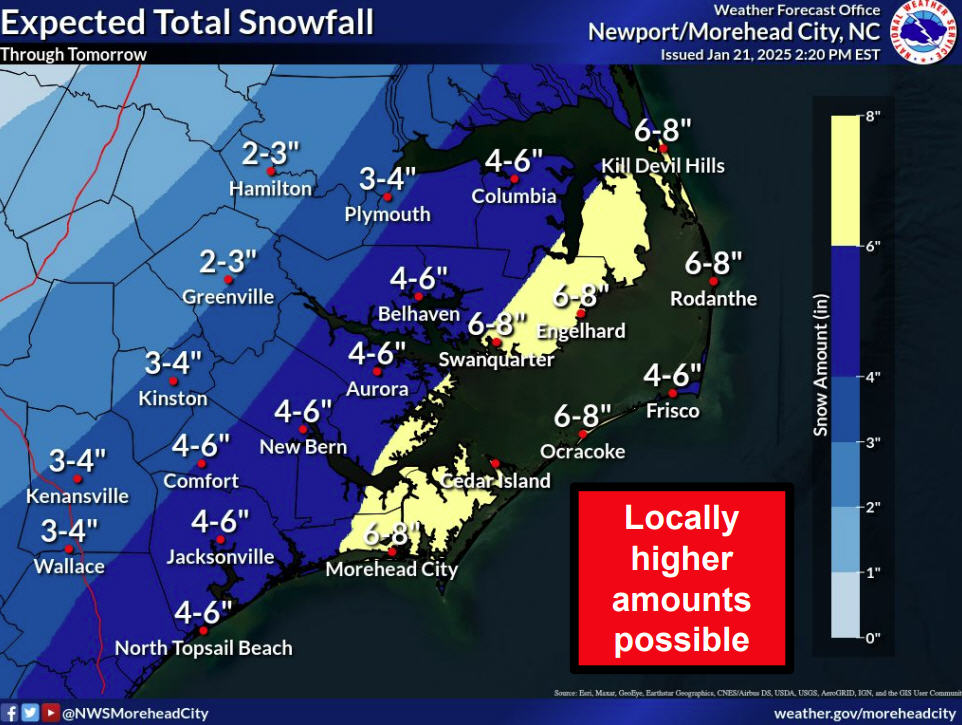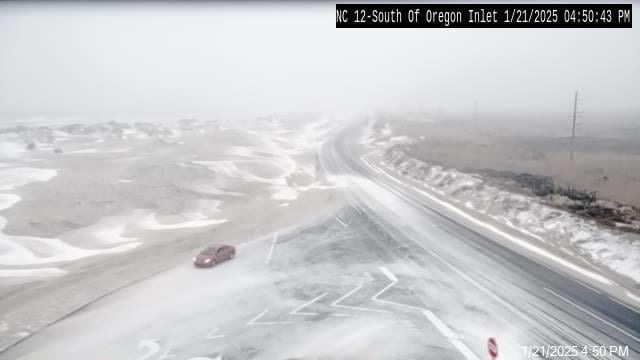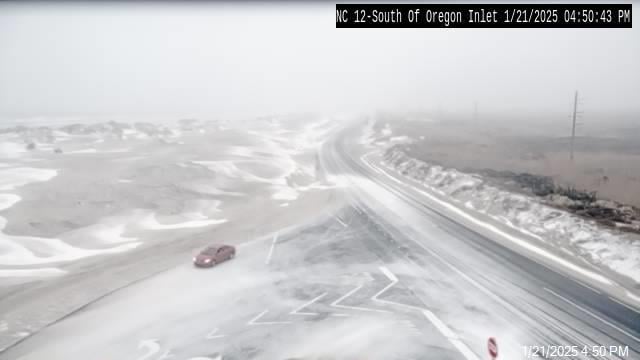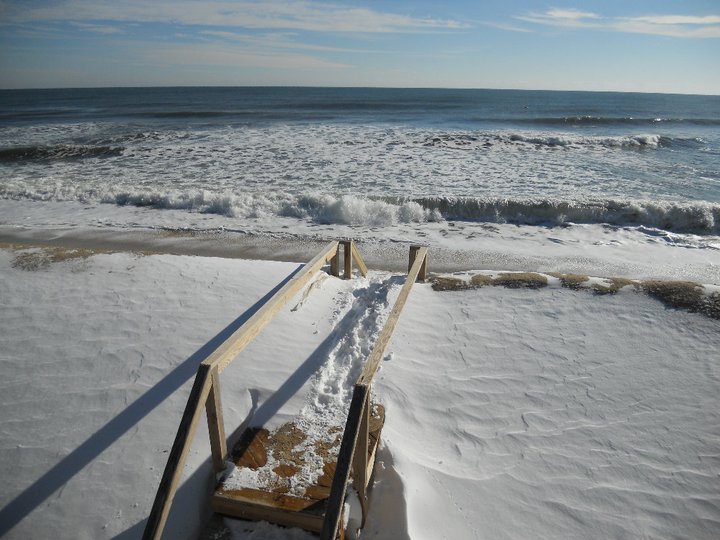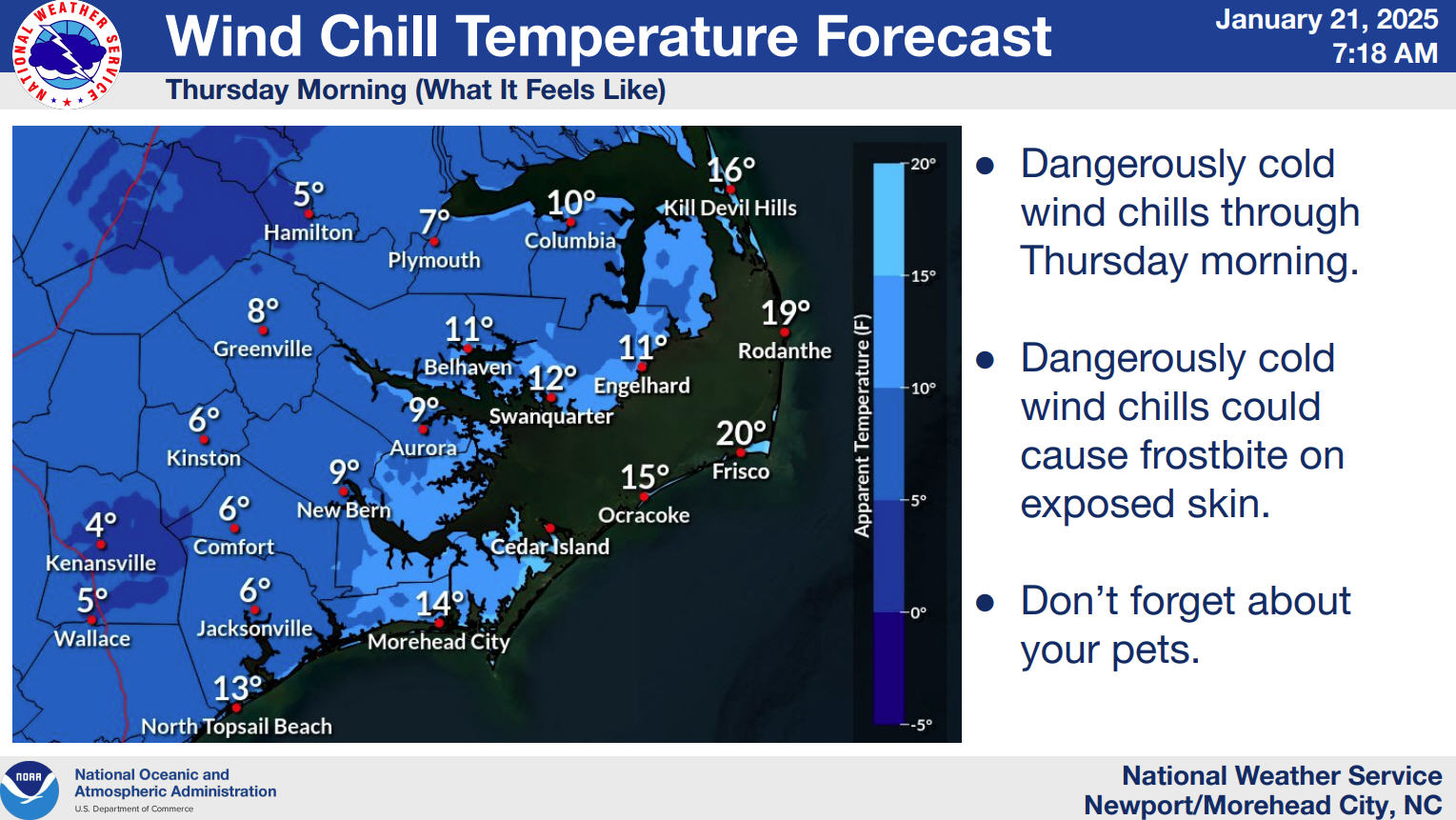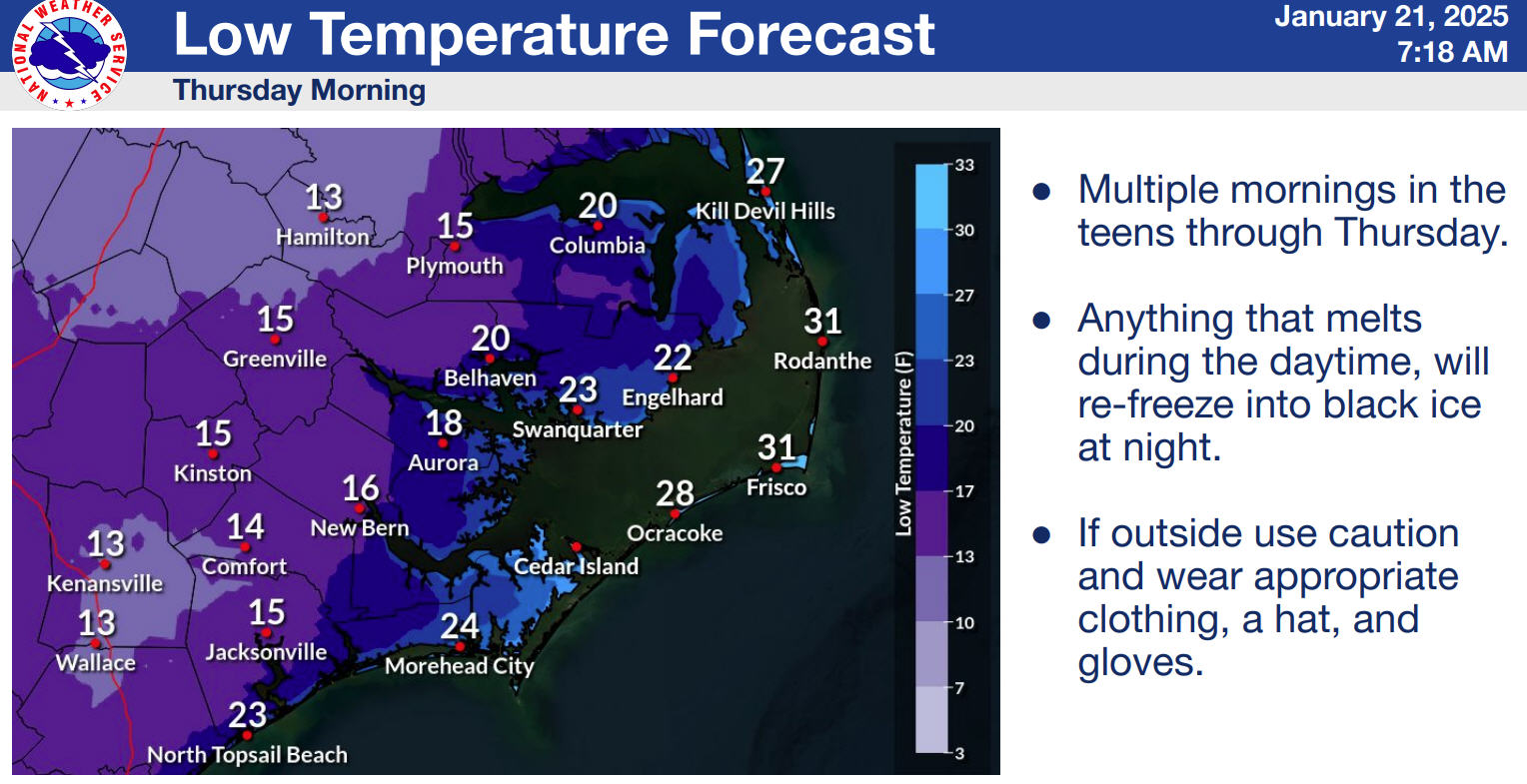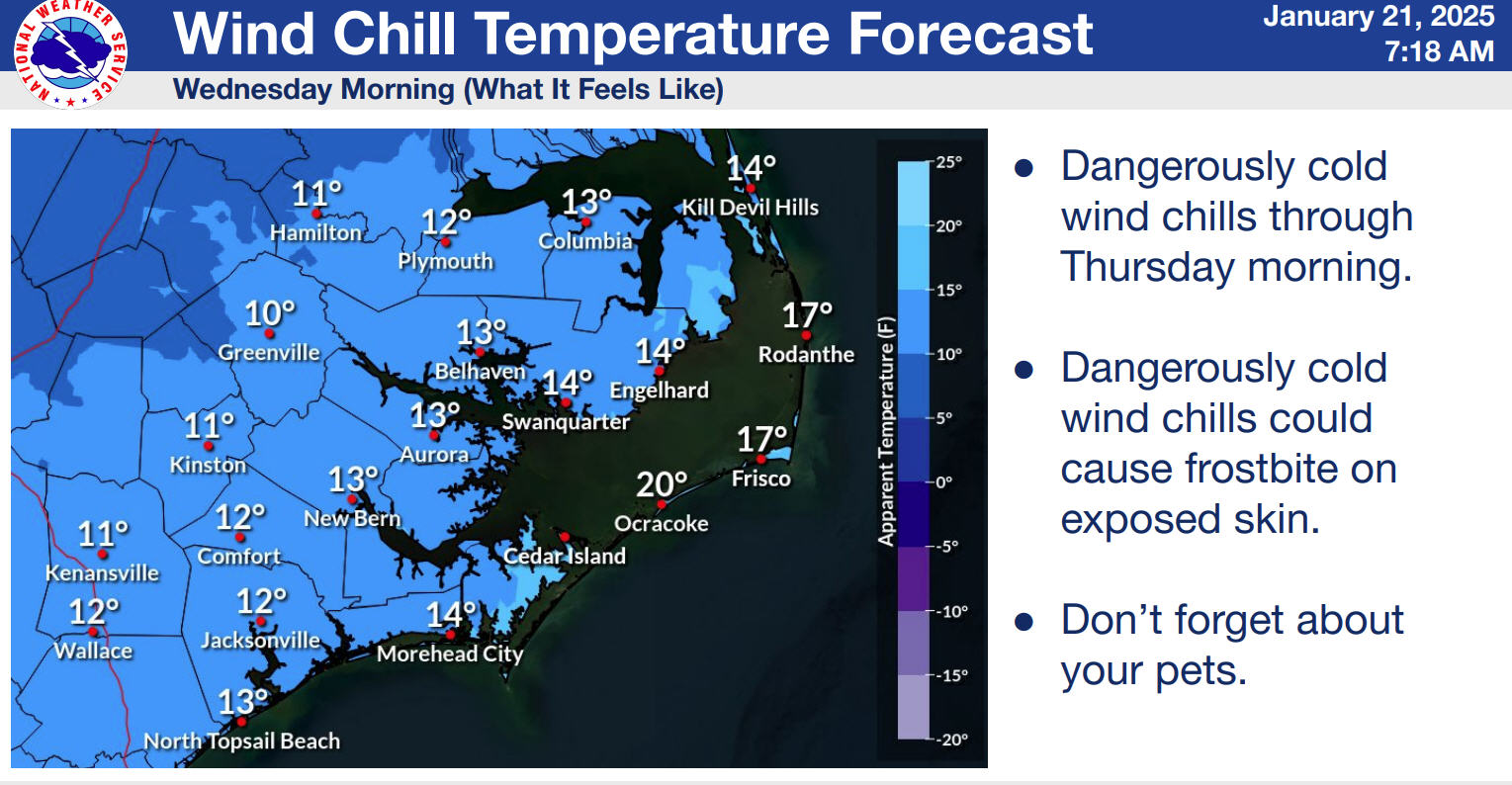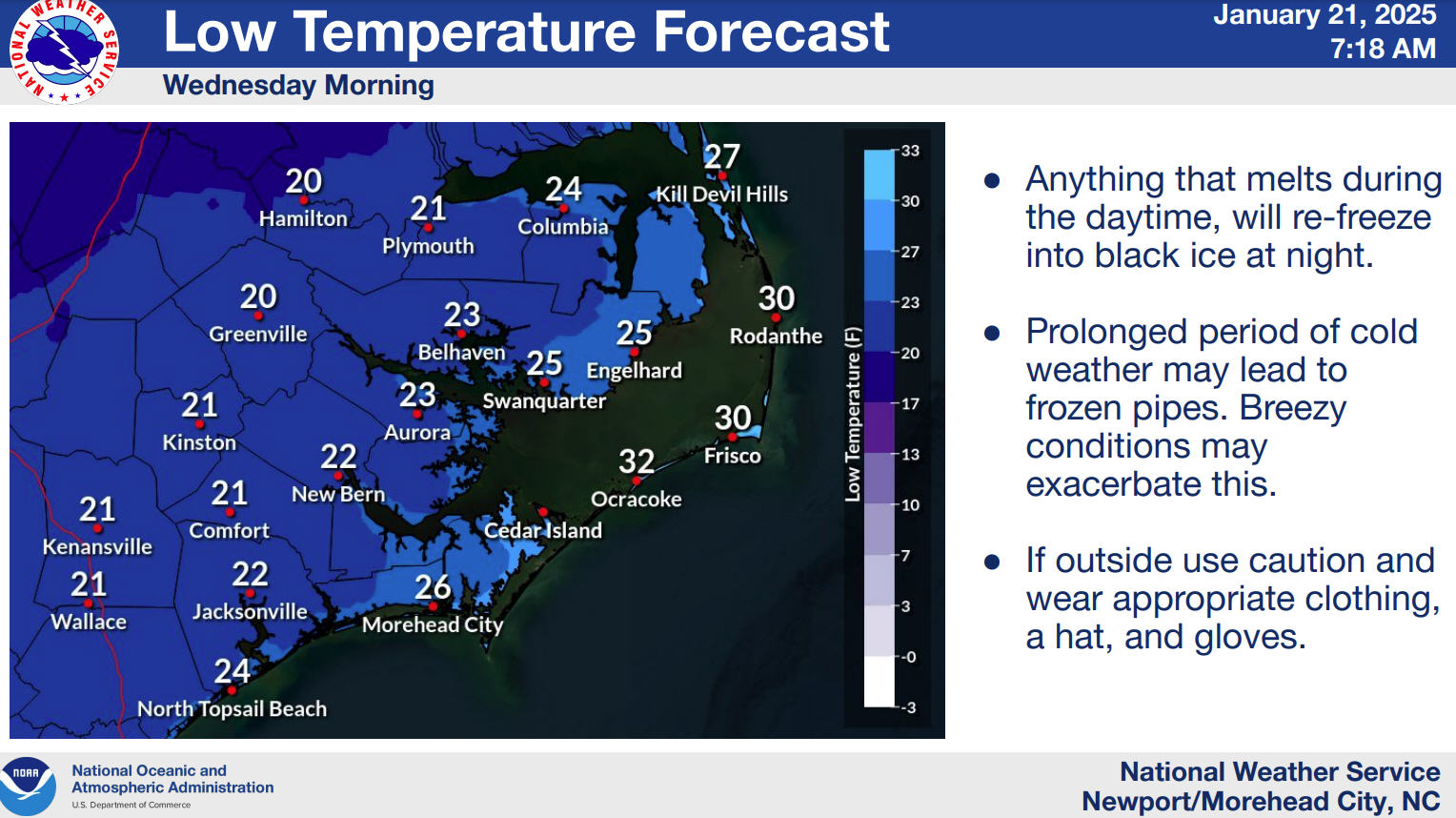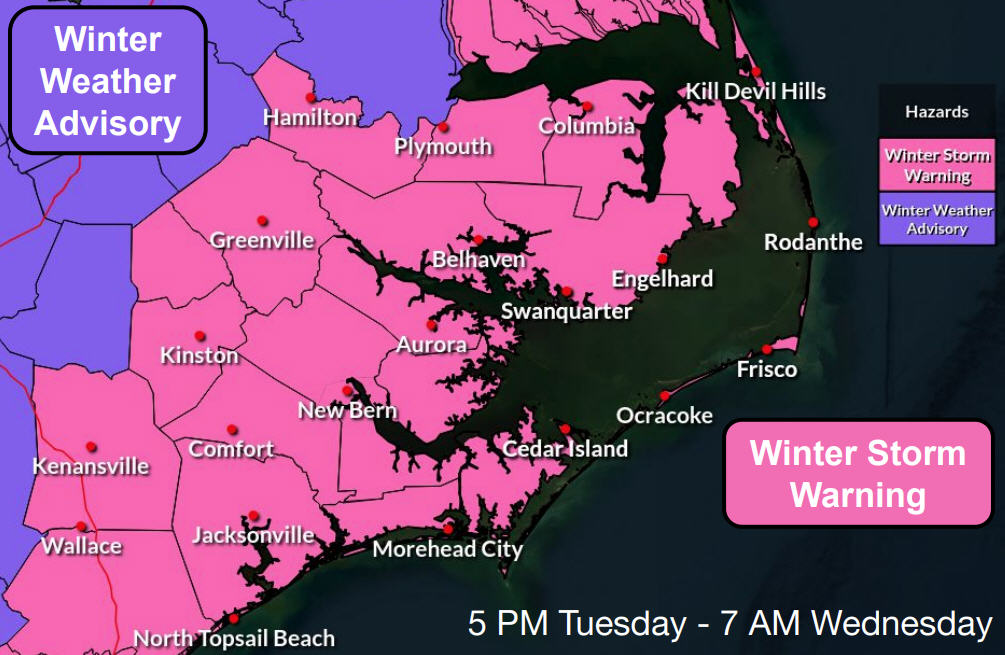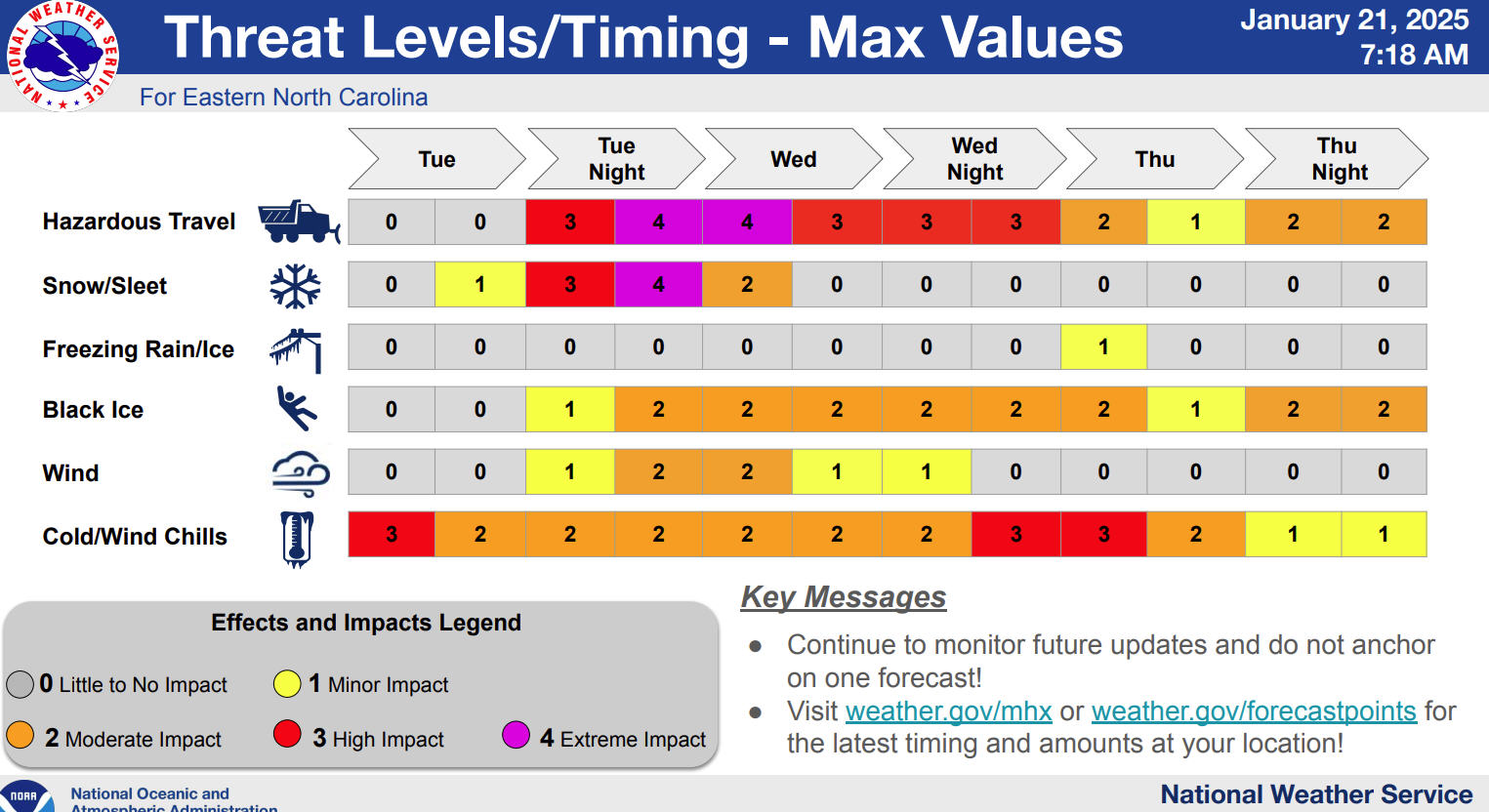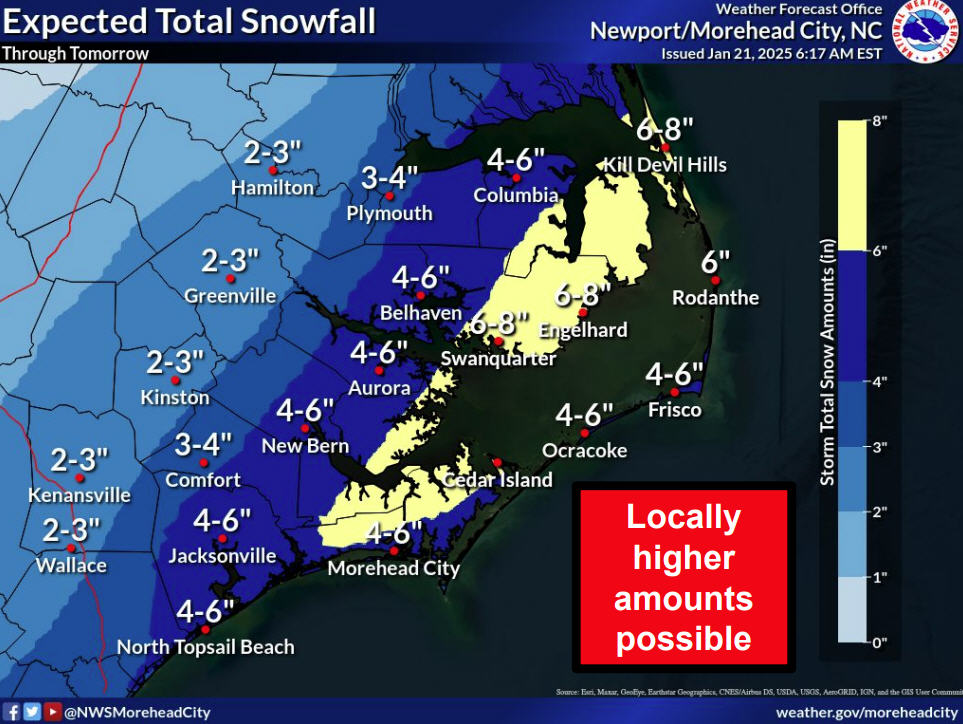Commercial and recreational fishermen will unite to protest regulations
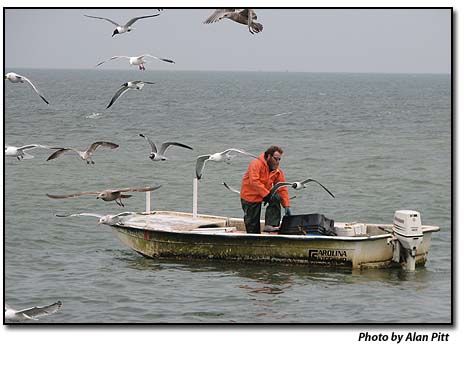
Commercial and recreational fishermen, two groups often at odds with each other when it comes to fisheries management, plan to march together on Feb. 24 in Washington, D.C.
Organized under the slogan United We Fish, commercial and recreational fishermen, affiliated businesses, and coastal community leaders will gather on the steps of the Capitol from noon to 3 p.m. to protest what they describe as the unforgiving collapse of coastal cultures and economies taking place under U.S. fisheries policy.
Fishermen hope to convince Congress to take another look at the Magnuson-Stevens Fishery Conservation and Management Act, the legislation that sets the framework for management decisions made by National Marine Fisheries Service (NMFS) and its eight regional councils.
“There is a collective agreement in fishing communities around the country that Magnuson is fatally flawed and broken and needs to be fixed,” said Jim Donofrio, executive director of the Recreational Fishing Alliance, a national group instrumental in organizing the protest rally.
The Magnuson Act established the 200-mile territorial boundary for U.S. authority over fishing in 1976 and pushed most foreign boats offshore. Passage of the act came on the heels of Congressional reports that recommended policies to boost the competitive edge of the U.S. fishing fleet, and ushered in a short-lived era of aggressive development programs.
But by the early 1990s, the pendulum had shifted. The oceans were no longer viewed as an infinite source of food for the world’s population, and the federal government started to focus on scaling back commercial fishing with stricter regulations.
More recently, recreational fishermen also have felt the sting of more stringent laws.
Donofrio said recent closures of the amberjack, black sea bass, and red snapper fisheries are hitting recreational fishermen and charter-boat captains hard.
“The closures keep coming and even when a fishery is rebuilt to a sustainable level, people still aren’t allowed to fish anymore,” he said.
Commercial fisherman Jeff Oden said the survival of small fishing ports like his hometown of Hatteras are on the line. He estimates that the fleet working out of Hatteras village has declined by more than two-thirds since the early 1990s.
“NMFS just keeps growing fatter and more rigid. They’re not interested in upholding their responsibility to fishing communities,” Oden said.
Magnuson directs federal regulators to minimize harmful social and economic impacts on fishing communities as much as possible, but that directive has been largely overshadowed by the conservation goals set forth in the act.
“The federal councils’ response to our concerns is that Magnuson leaves them no choice other than implementing rules that are ruining our communities,” said Oden.
Organizers of the February protest hope that the event will line up more Congressional support for balancing conservation goals with the needs of fishing communities.
Legislation that would allow regulators some leeway to lessen the negative economic impacts of management measures has languished in Congress ever since 2007 when U.S. Rep. Walter Jones (R-NC) introduced the original Flexibility in Rebuilding American Fisheries Act.
“I do not understand why this government would require rebuilding of a fish stock in 10 years even when that causes widespread economic dislocation, when if given a few more years, the fish stock could be rebuilt with minimal economic hardship to fishermen,” Jones said at the time.
Jones is one of 25 cosponsors of a 2009 version of the bill introduced by U.S. Rep. Frank Pallone (D-NJ) last March that allows managers to extend rebuilding beyond 10 years for species on the path to recovery so that economic dislocation could be averted.
Similar legislation (S 1255) introduced in the Senate by Charles Schumer (D-NY) last year has not gained much traction and hasn’t won the backing of Senator Kay Hagan or Richard Burr from North Carolina.
Sean McKeon, president of the North Carolina Fisheries Association, a commercial fishing trade group, said passage of the flexibility act would be a huge step in the right direction.
But McKeon also said other improvements to Magnuson are needed, including clarification of the standards for the science used in fisheries management.
“Right now Magnuson only directs the use of the best available science and that simply doesn’t cut it,” McKeon said.
Fisheries regulators acknowledge the problems with the science used in management.
“Fisheries management in the South Atlantic suffers from a chronic, yet well-documented lack of basic data which hampers scientists’ abilities to evaluate exploited populations and managers’ abilities to develop, and ensure accountability with, management measures,” South Atlantic Council chairman Duane Harris told a Congressional subcommittee last fall.
He added that a lack of solid data is likely to result in stricter regulations even for healthy fish stocks to account for scientific uncertainty.
McKeon said his organization will meet next week to discuss organizing transportation for members who plan to attend the rally.
“From what I’m hearing, I expect a large commercial fishing presence in Washington that day,” he said.
Donofrio said organizers hope to see as many as 5,000 fishermen at the protest.




